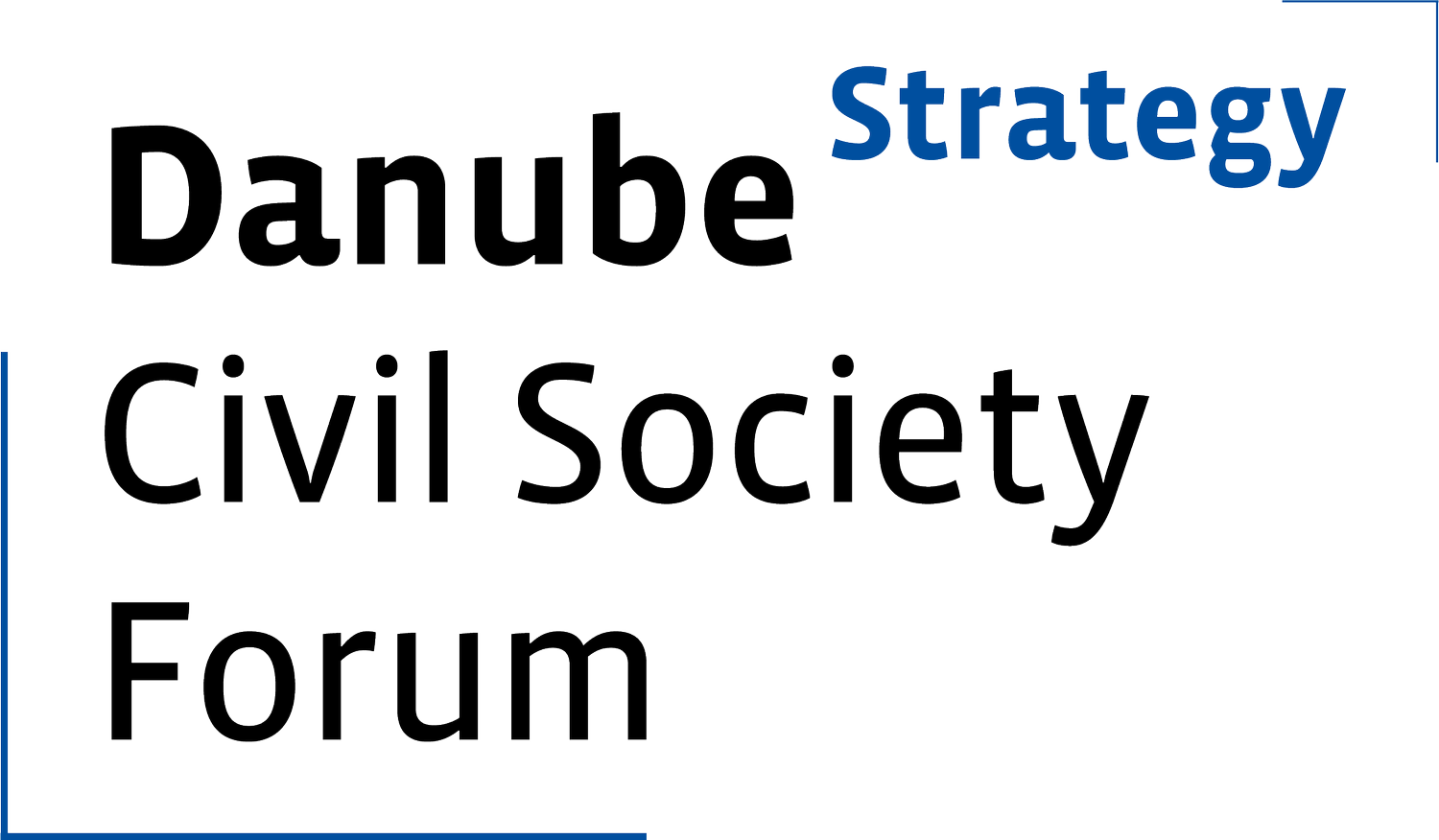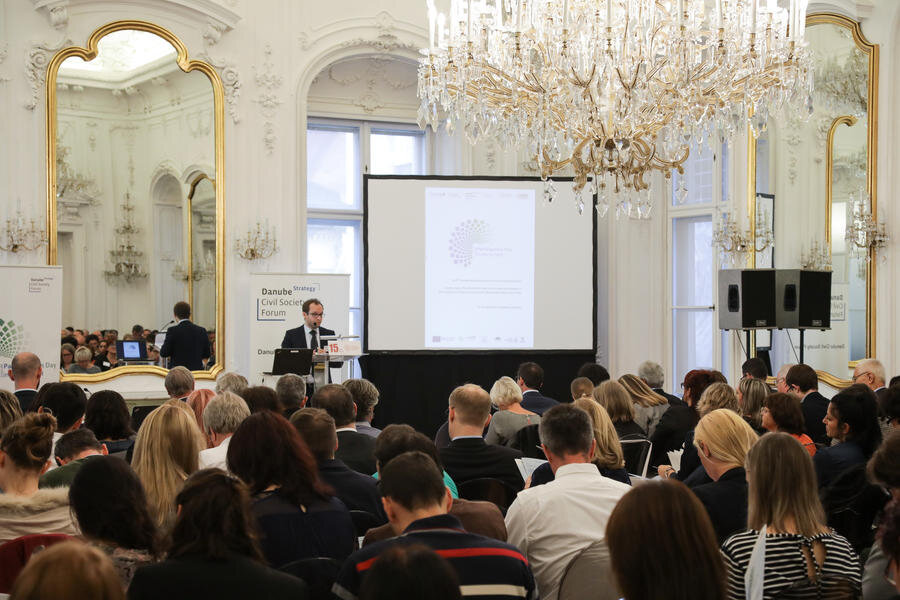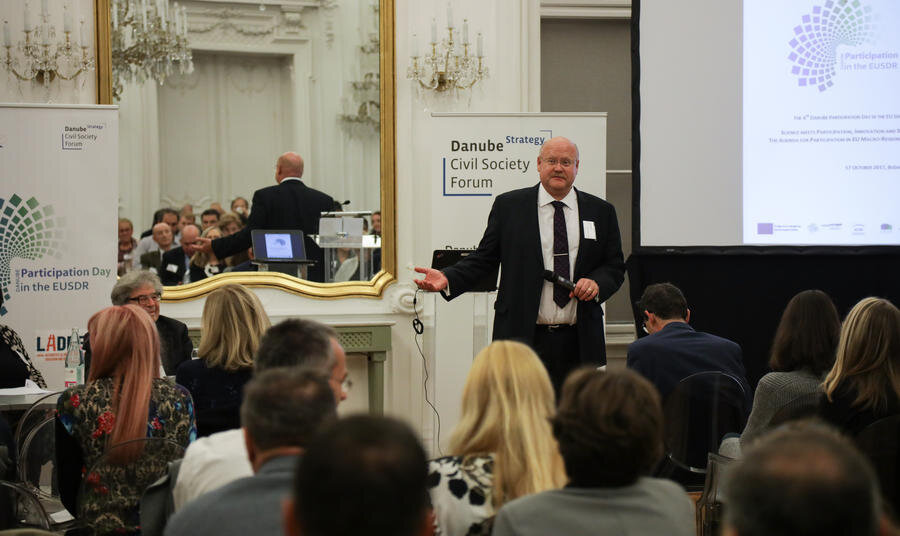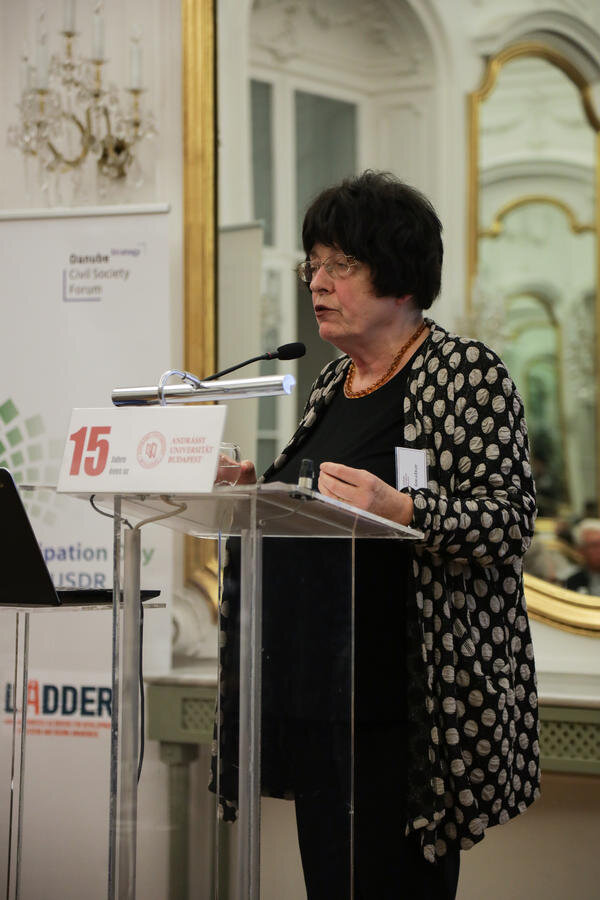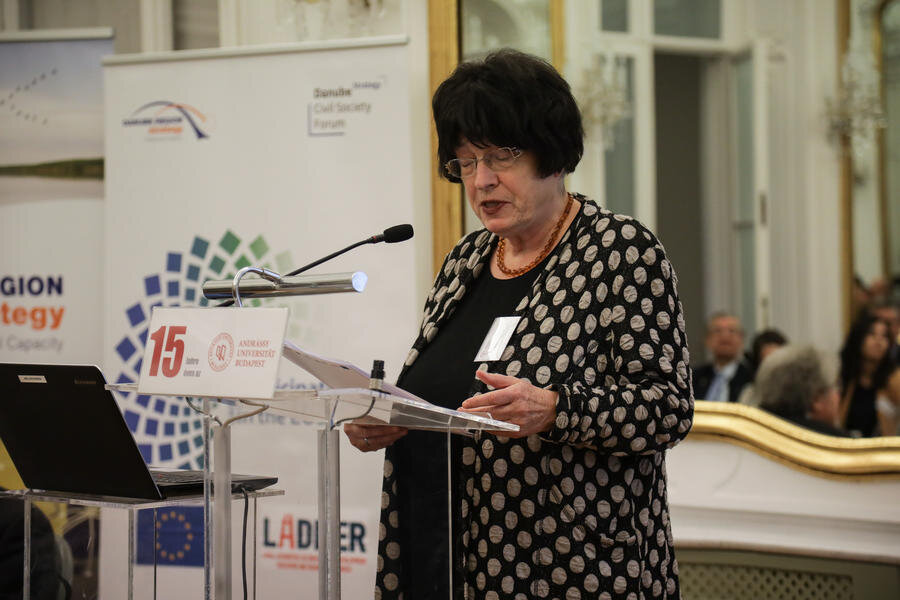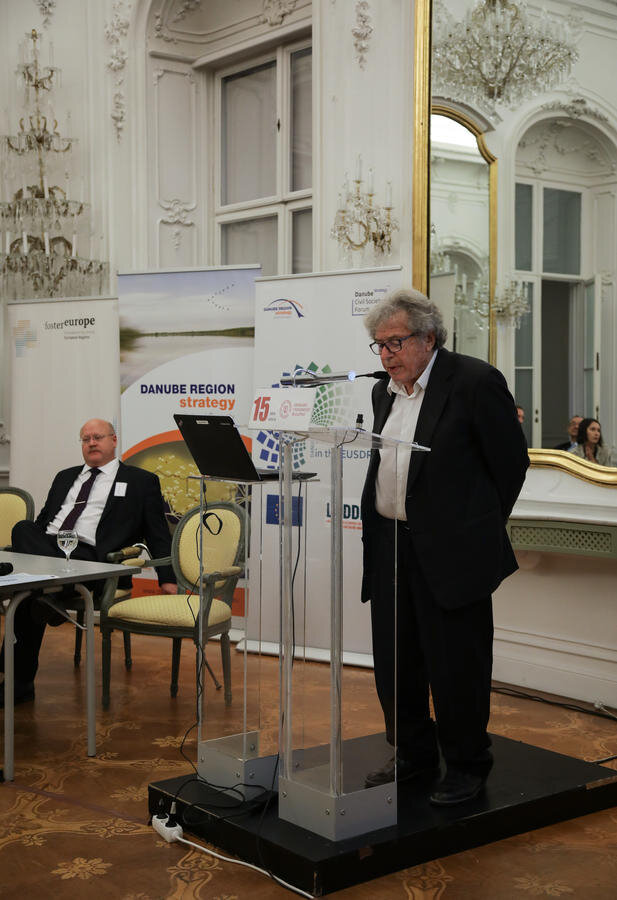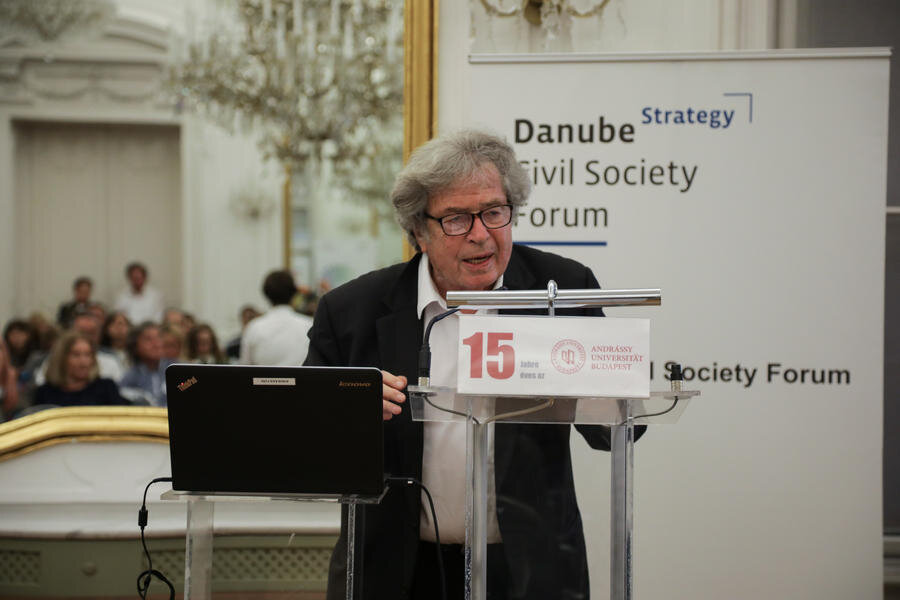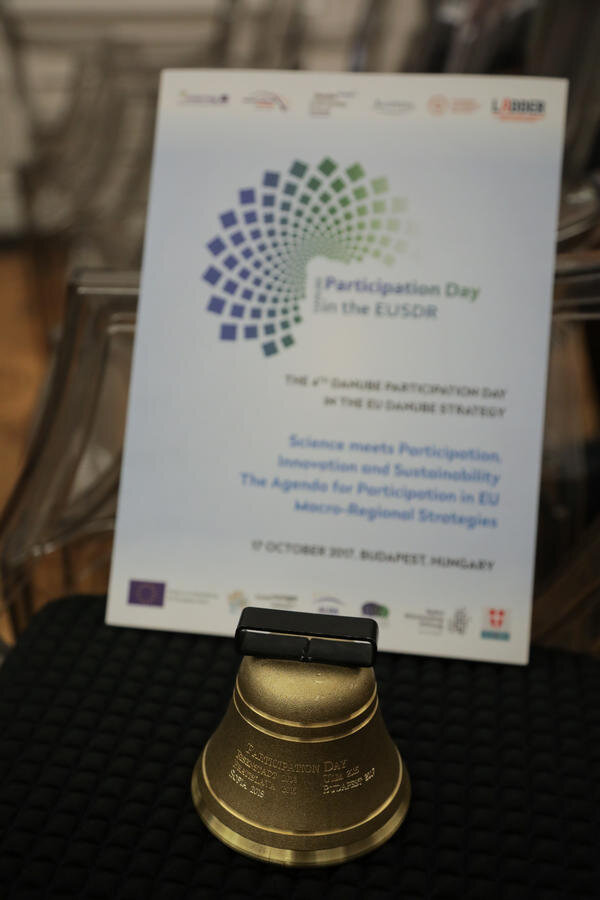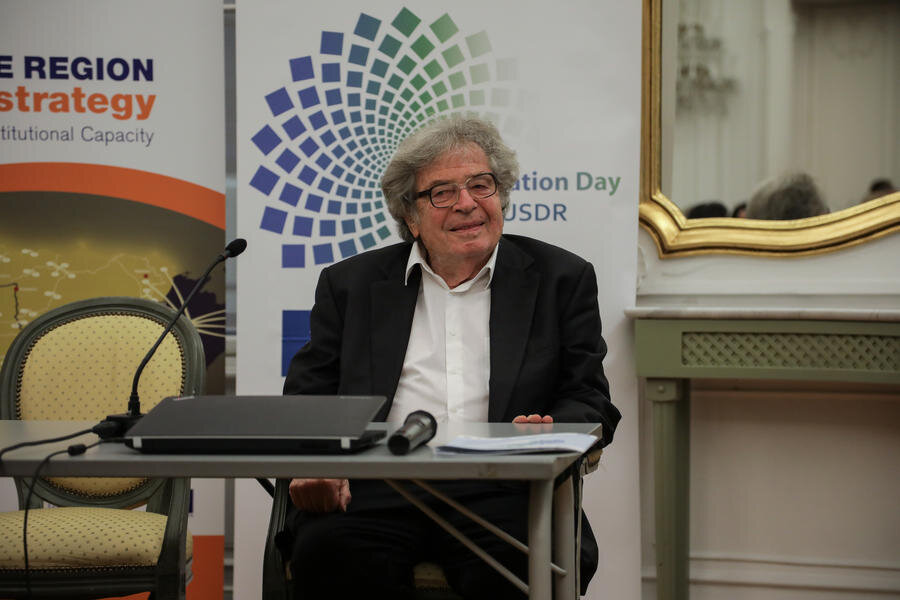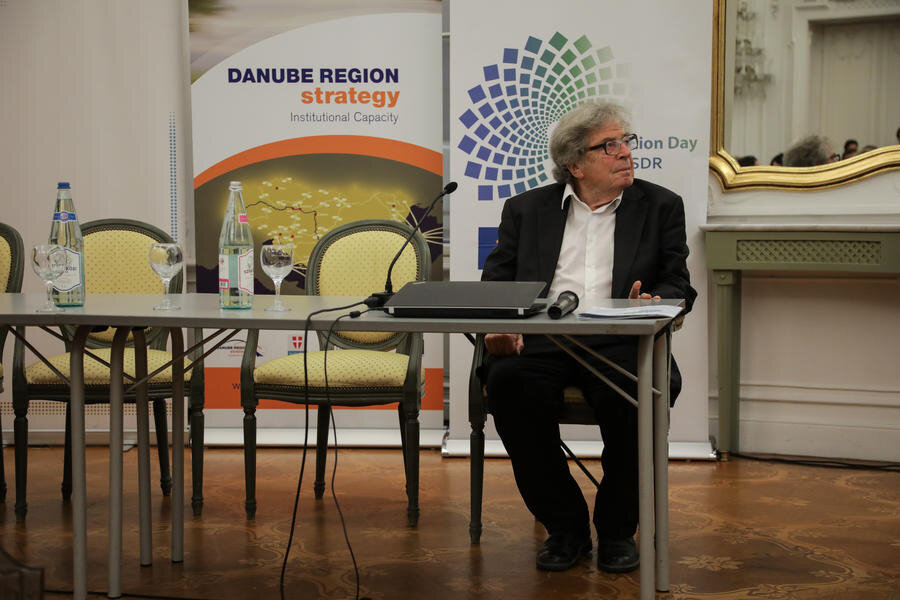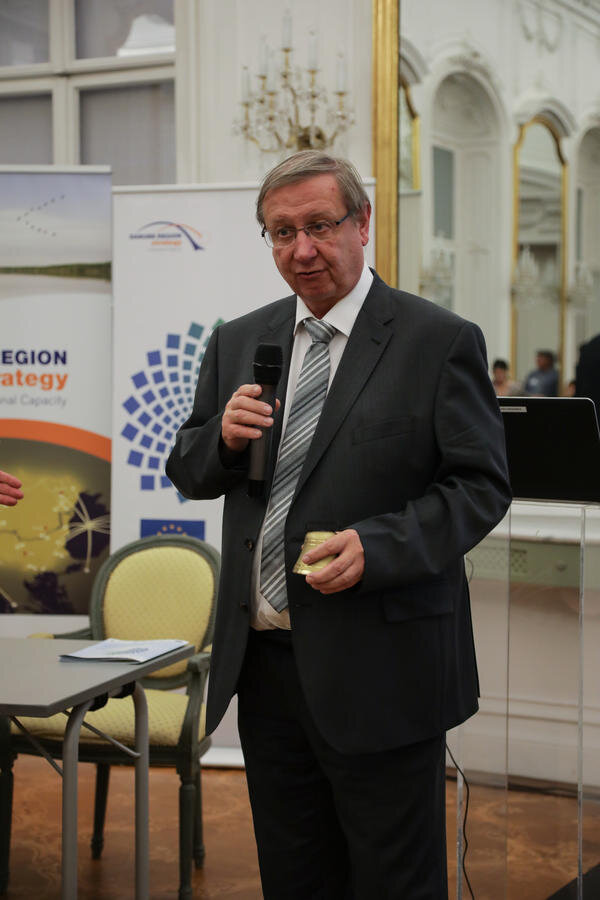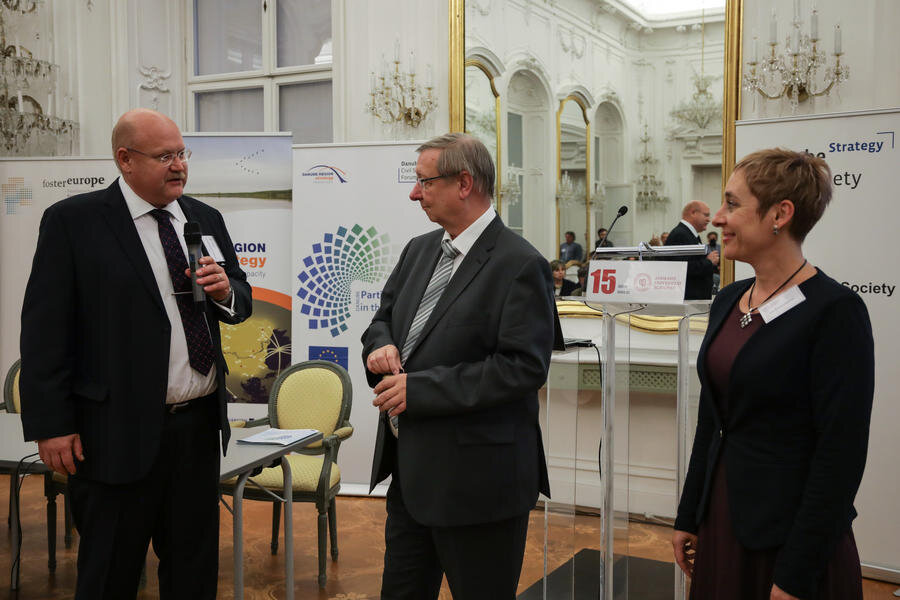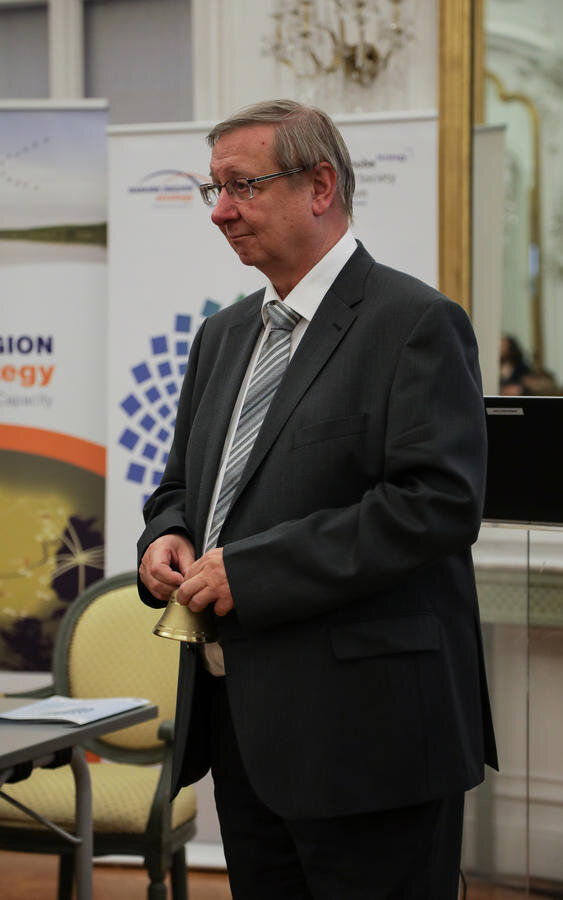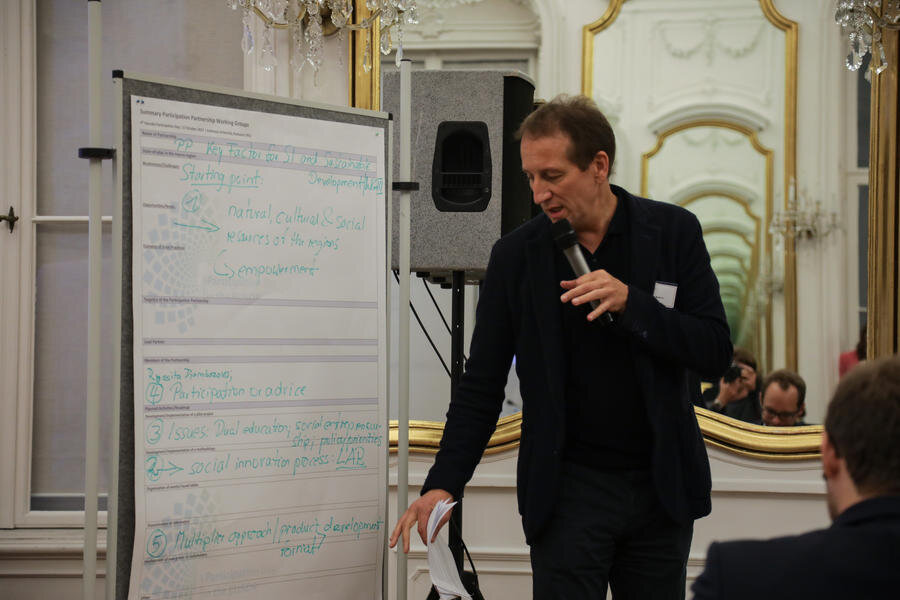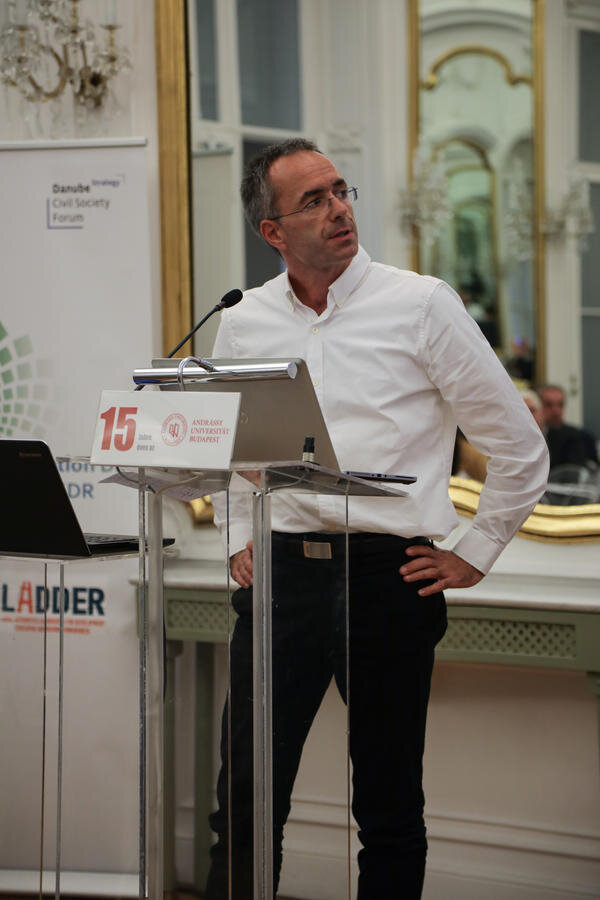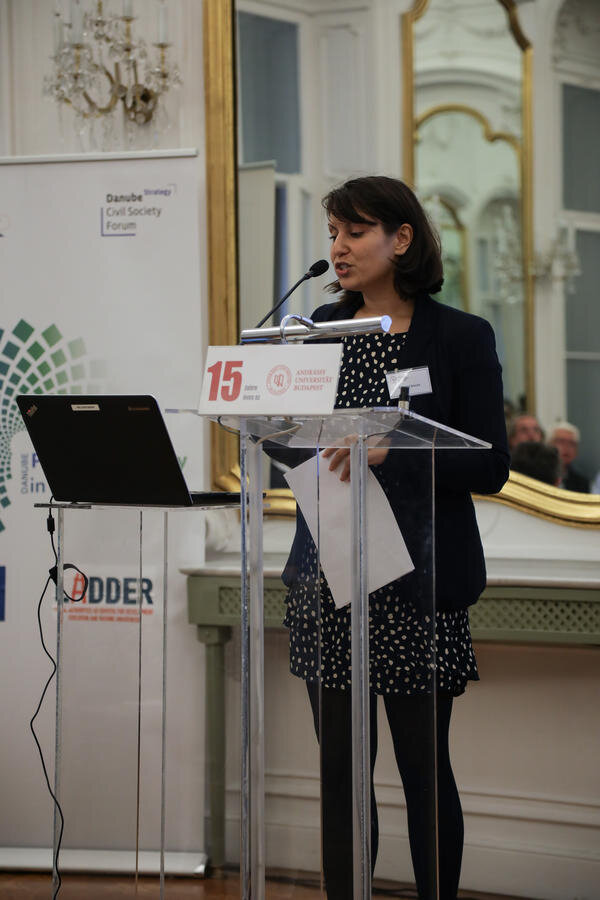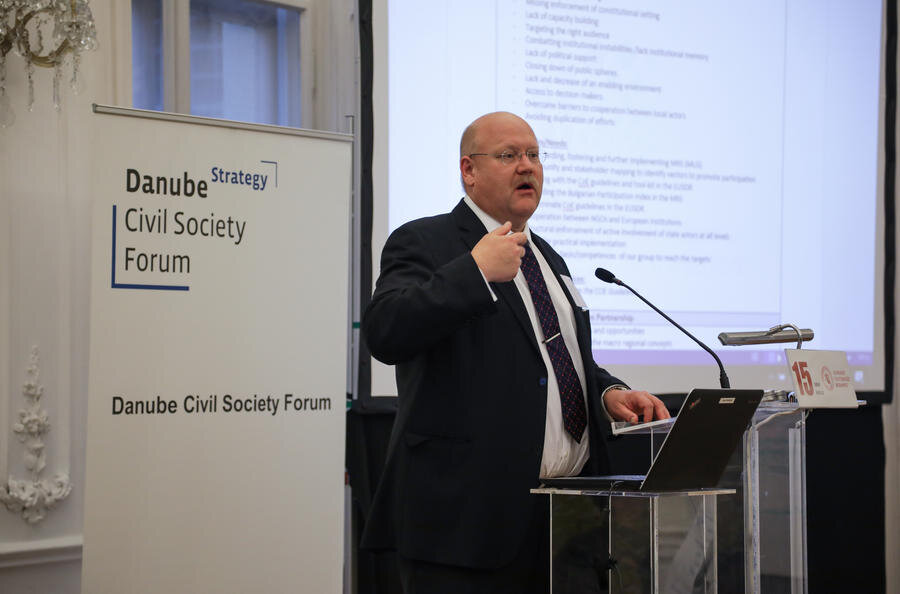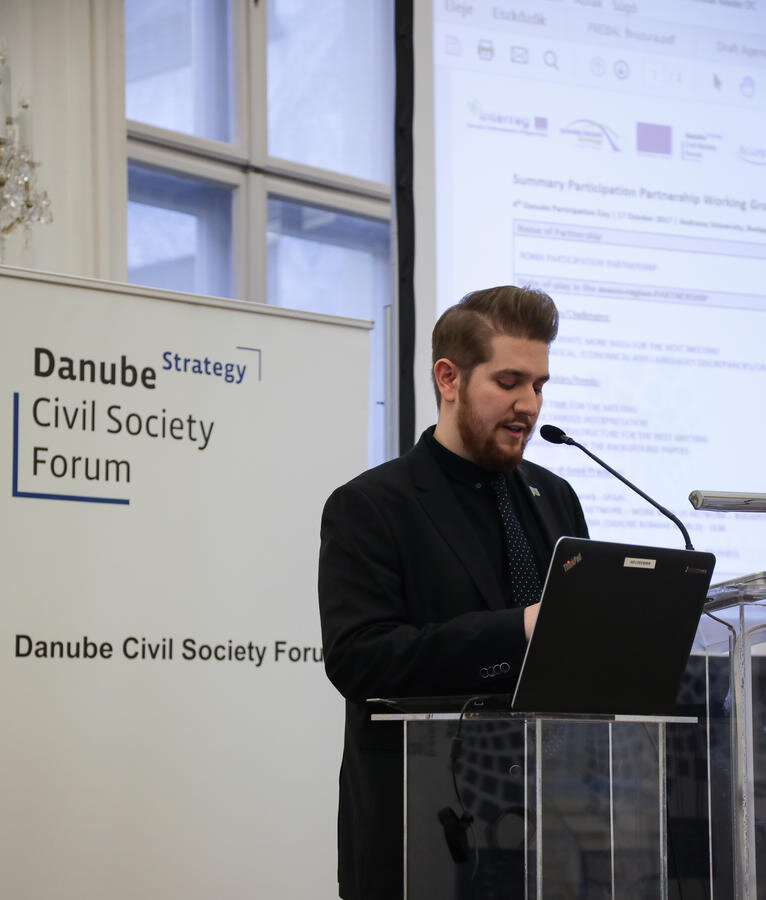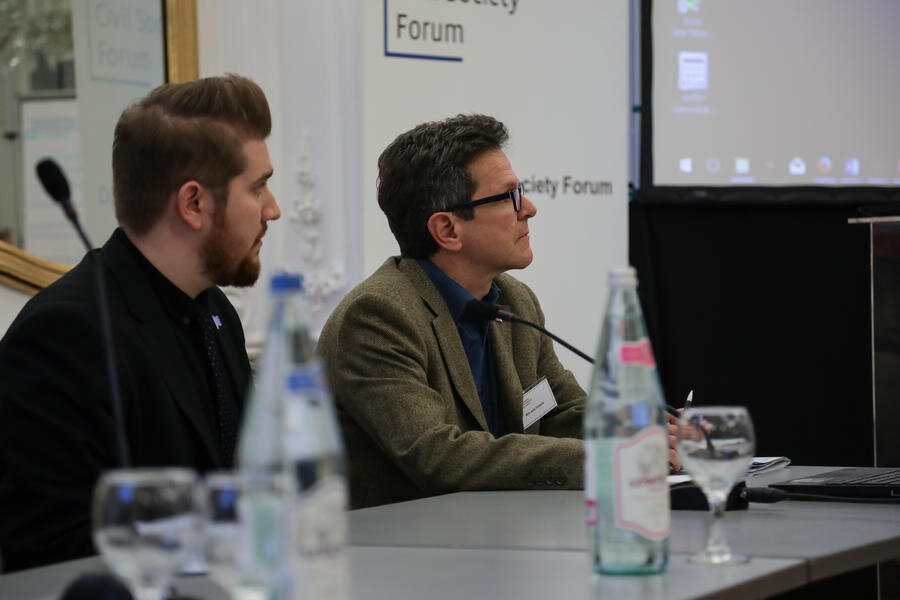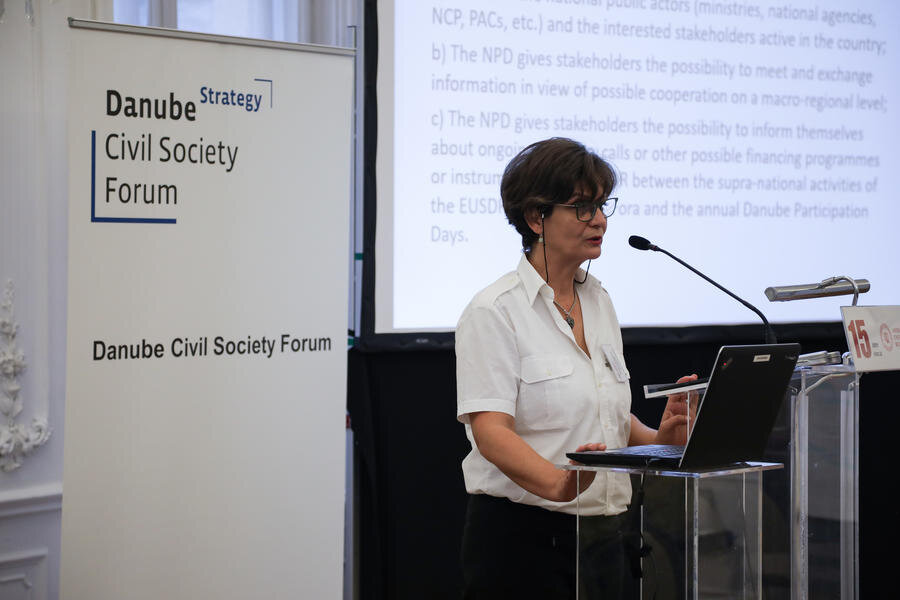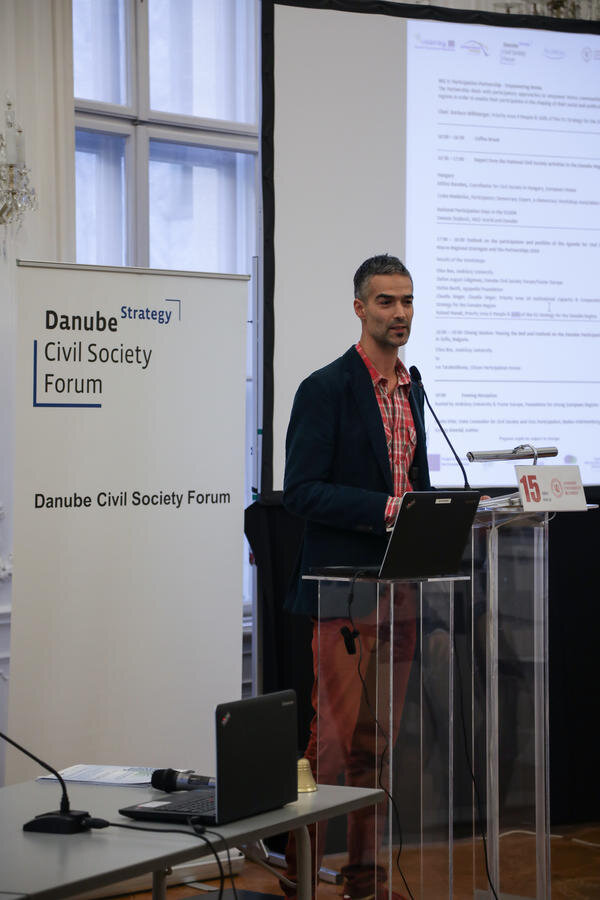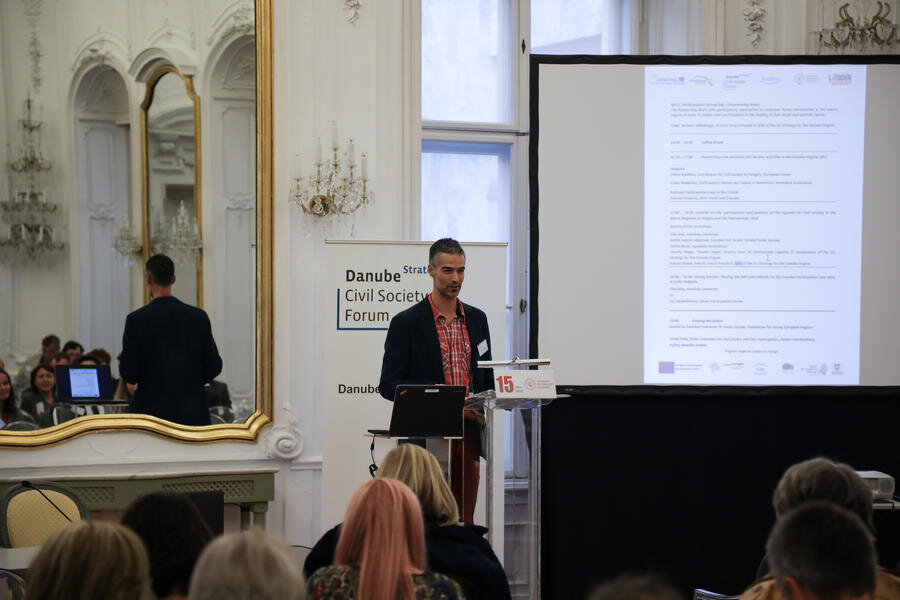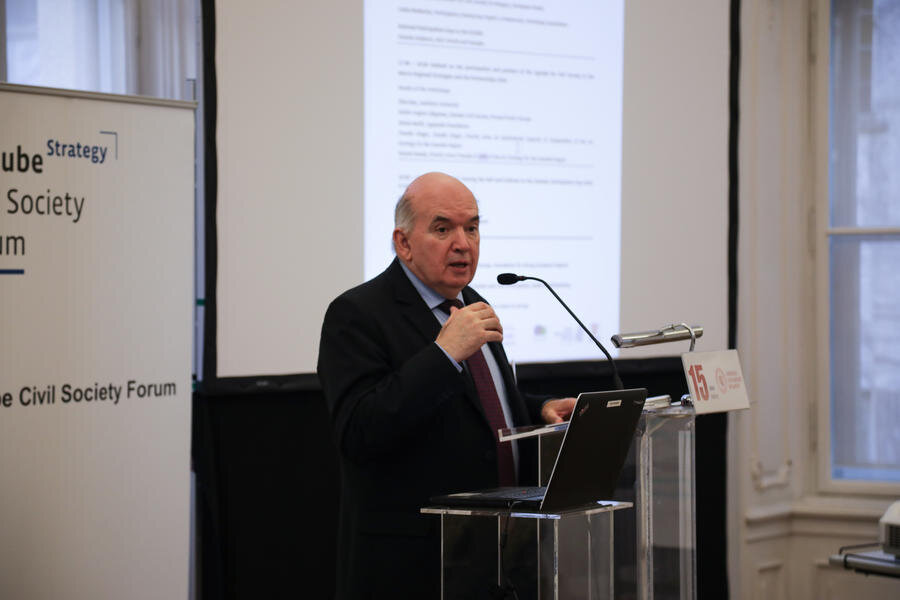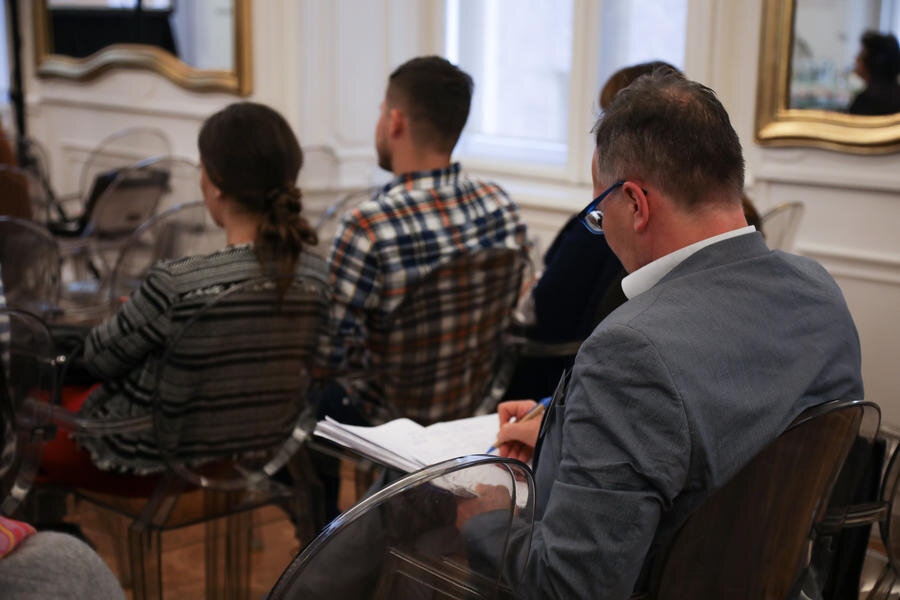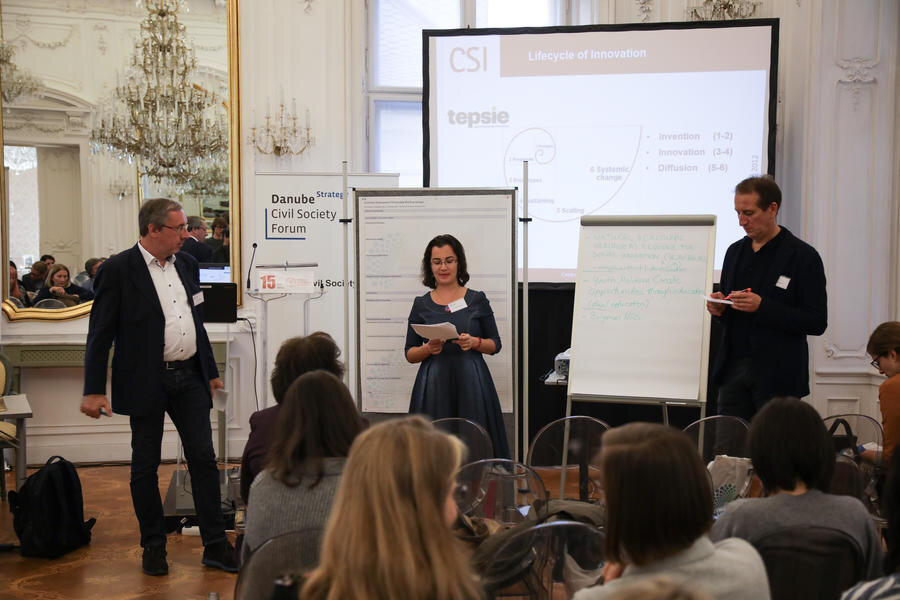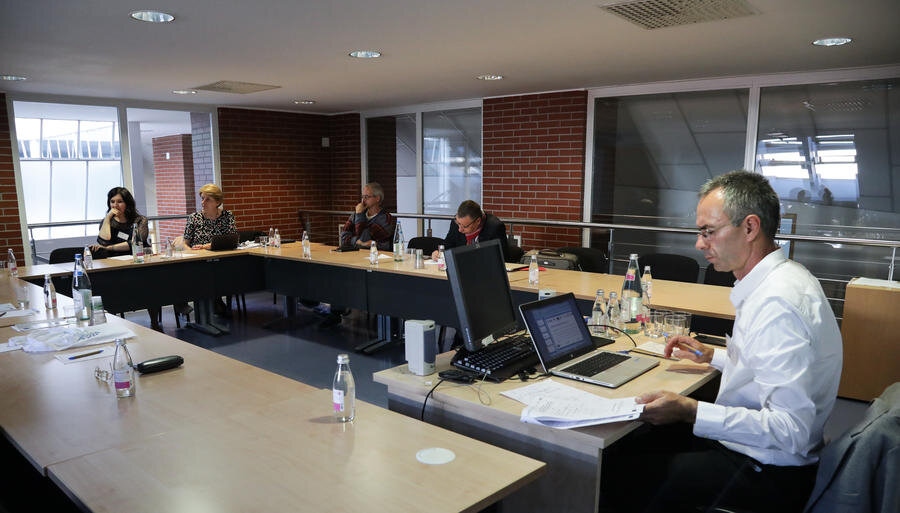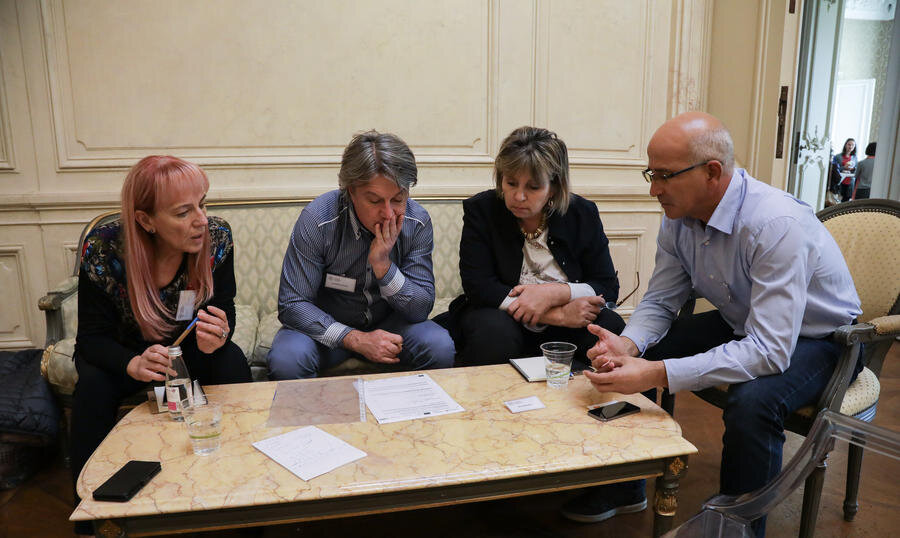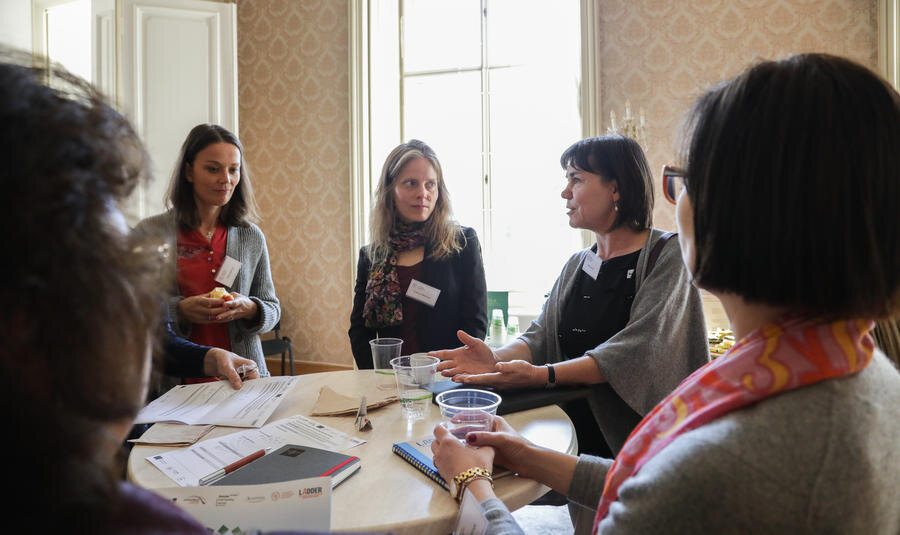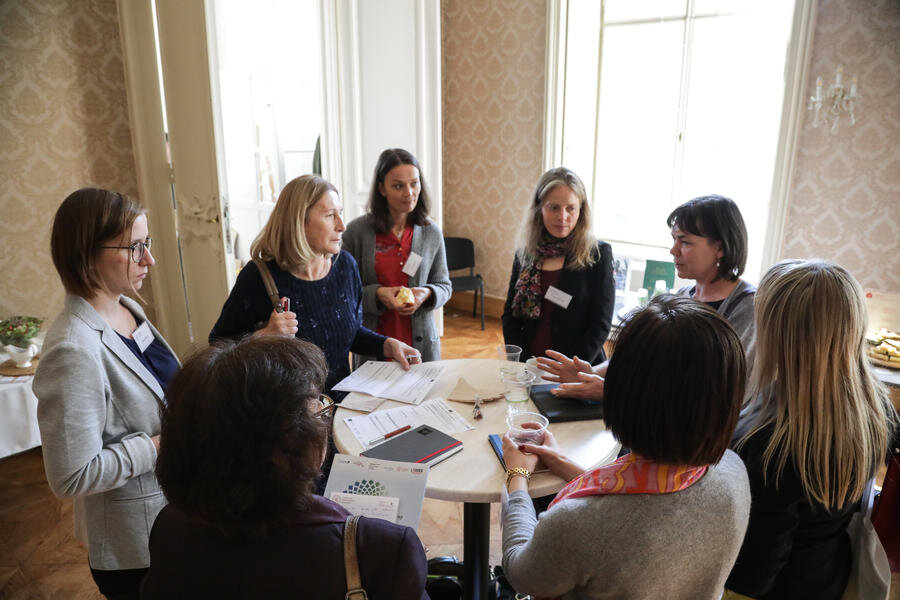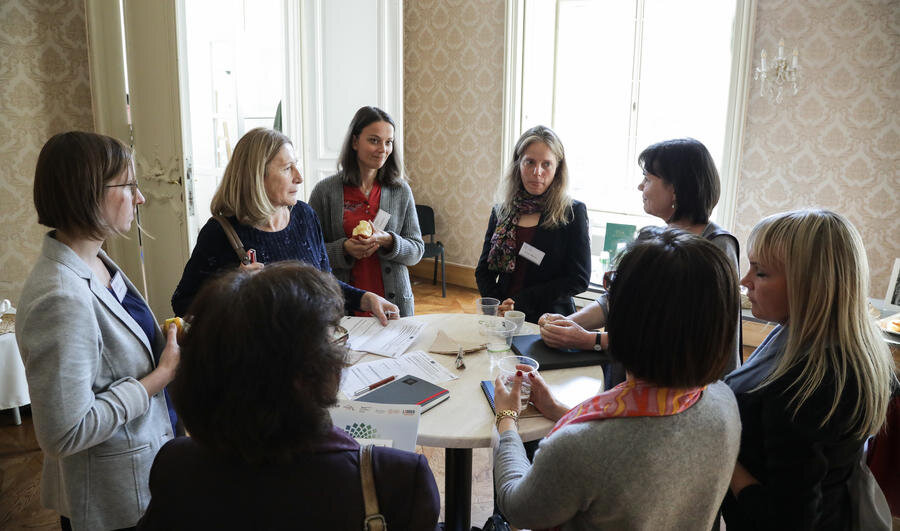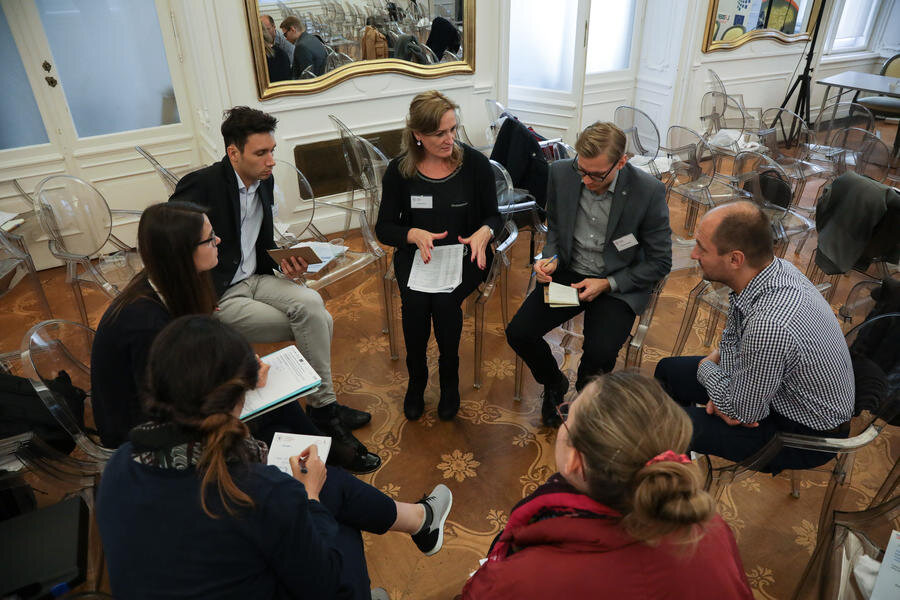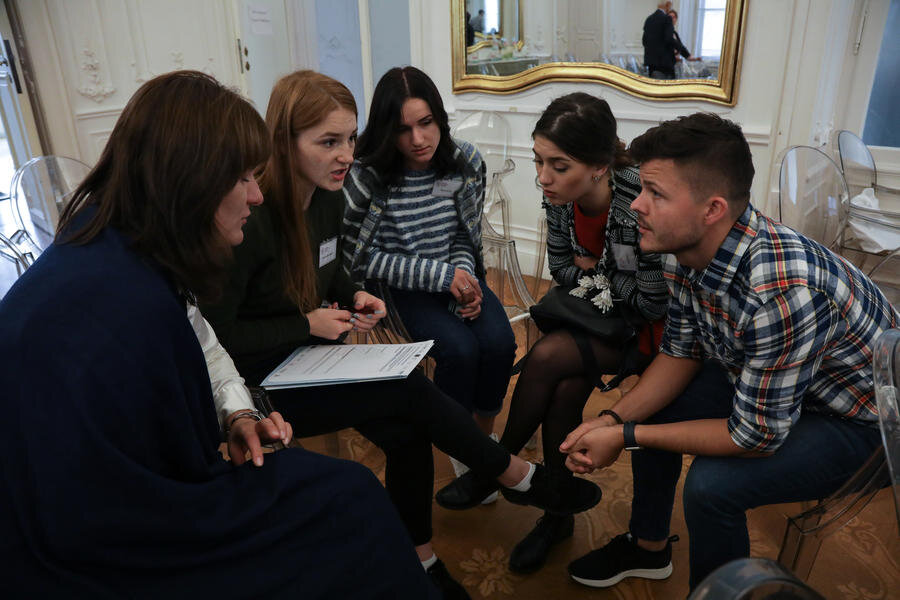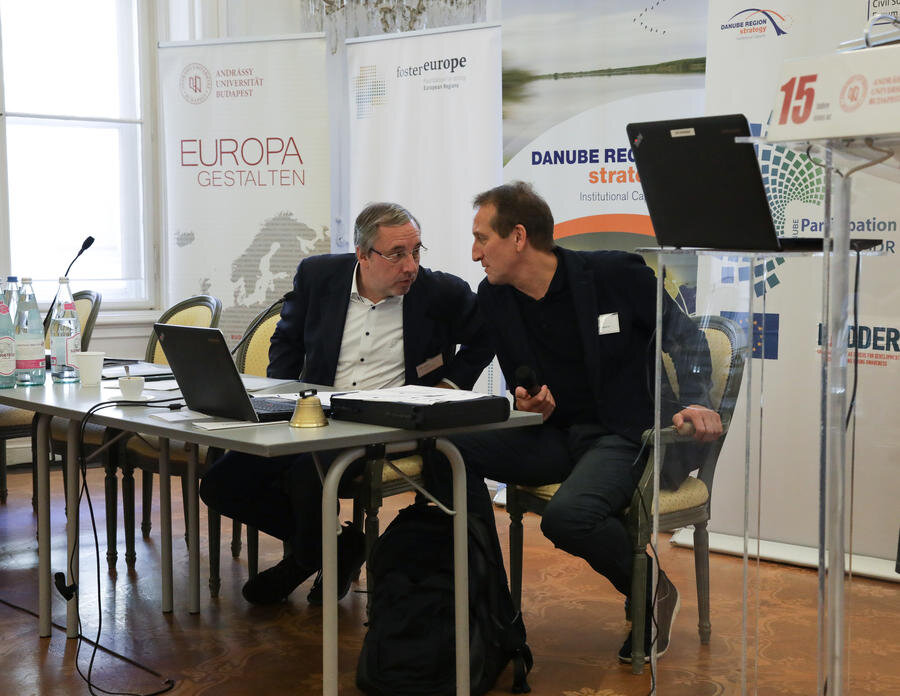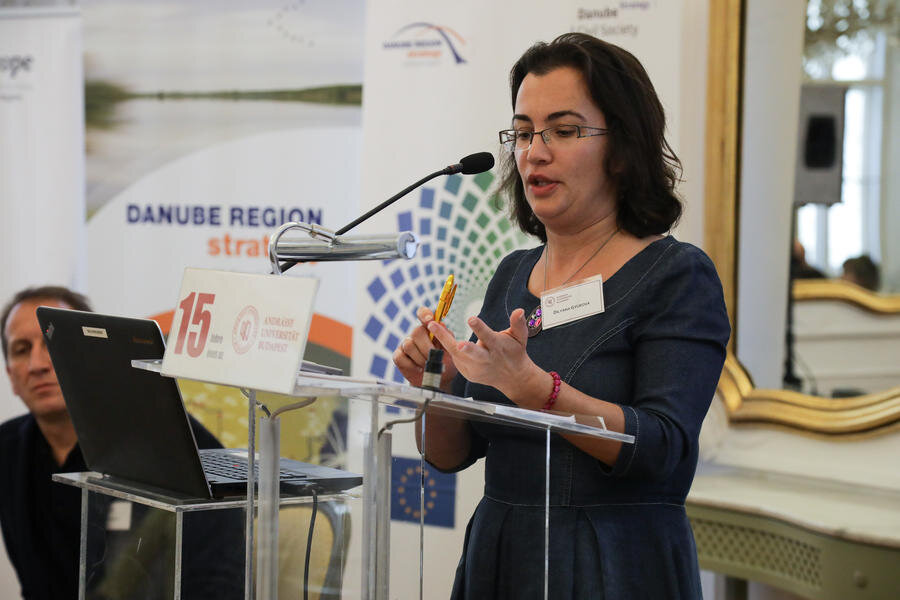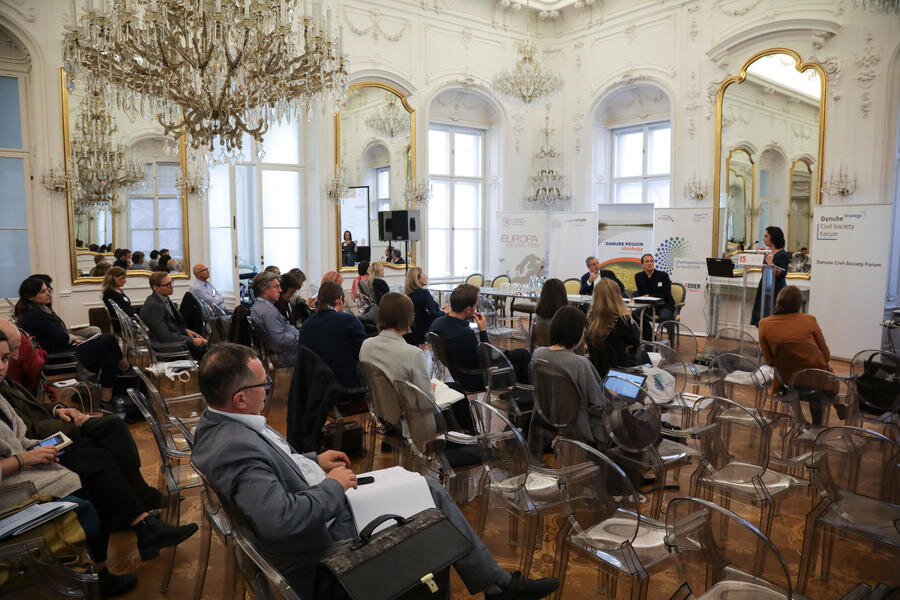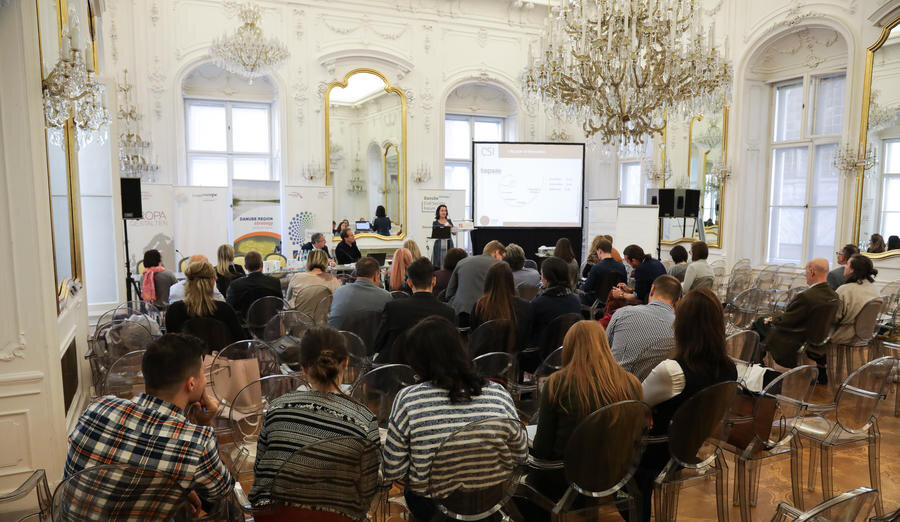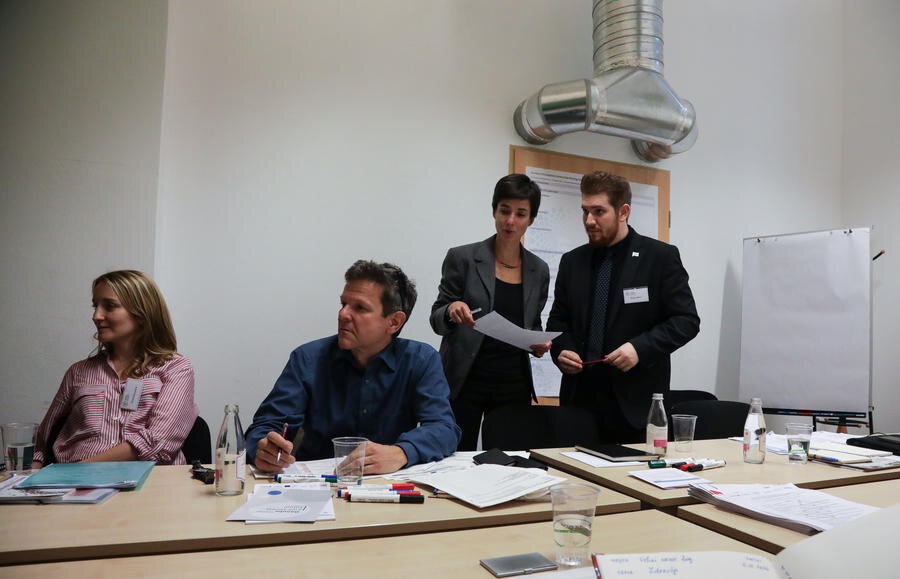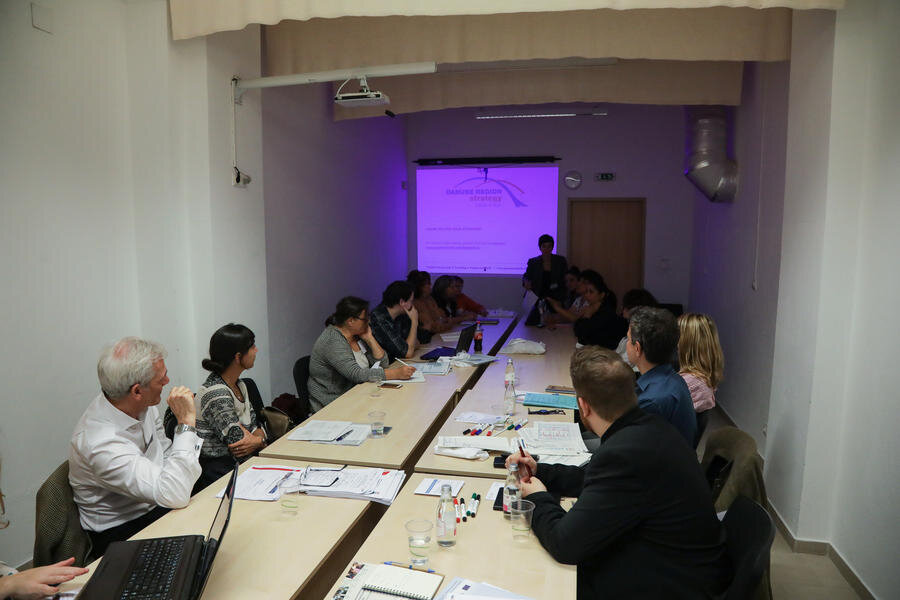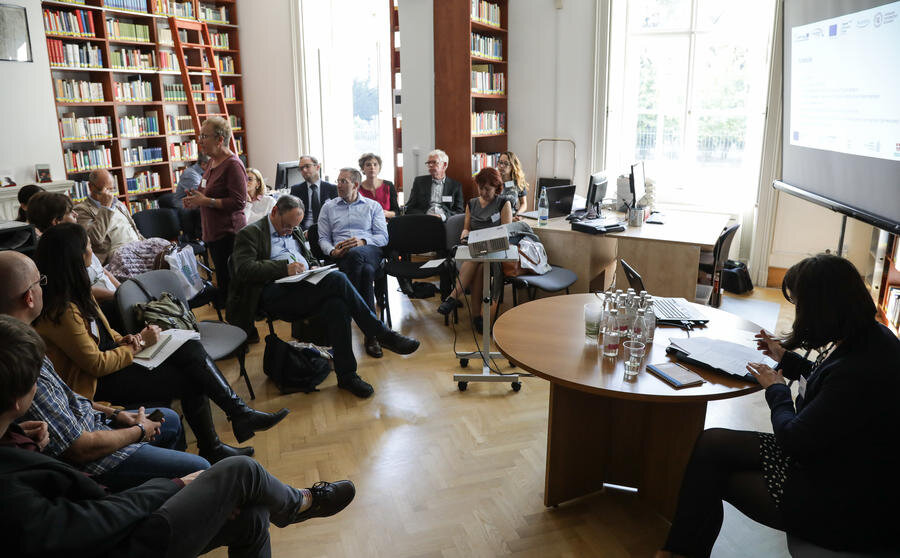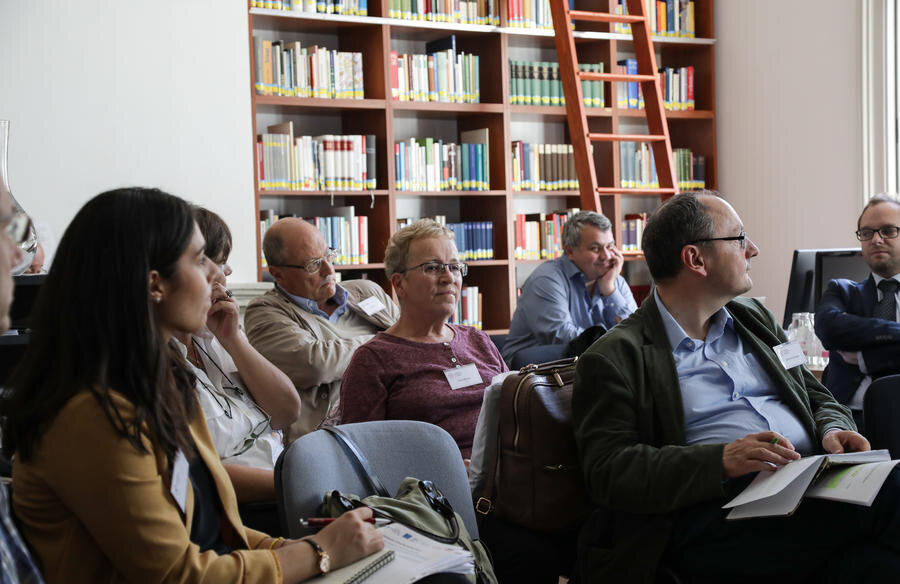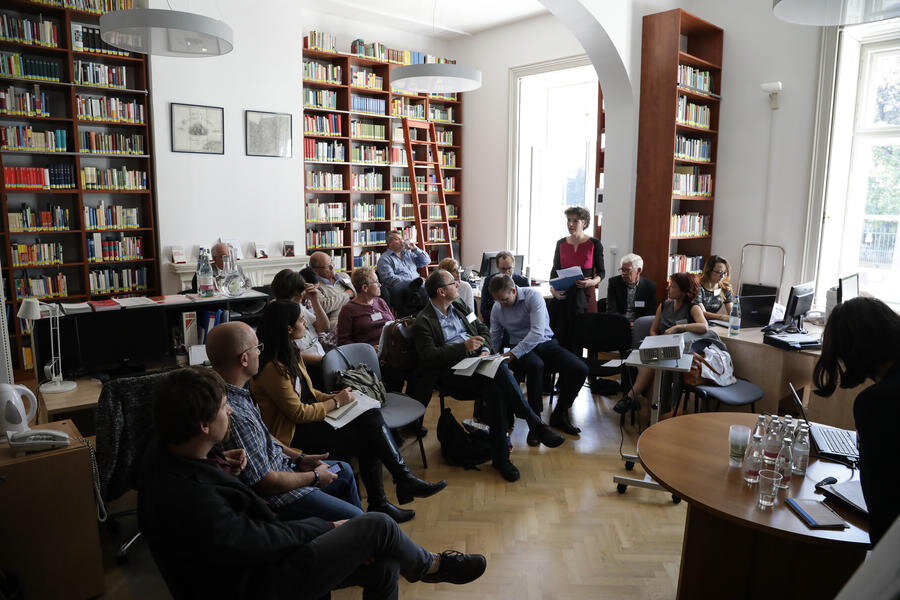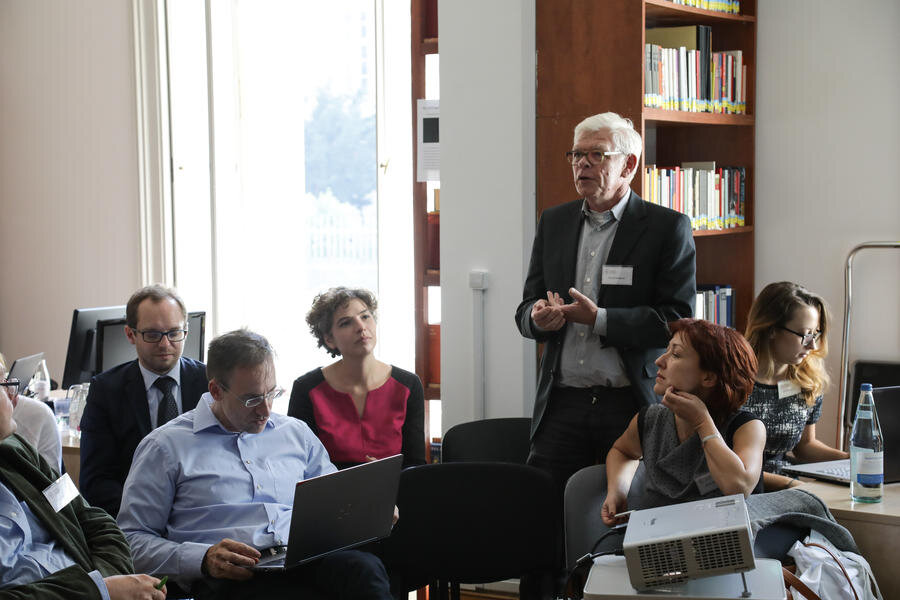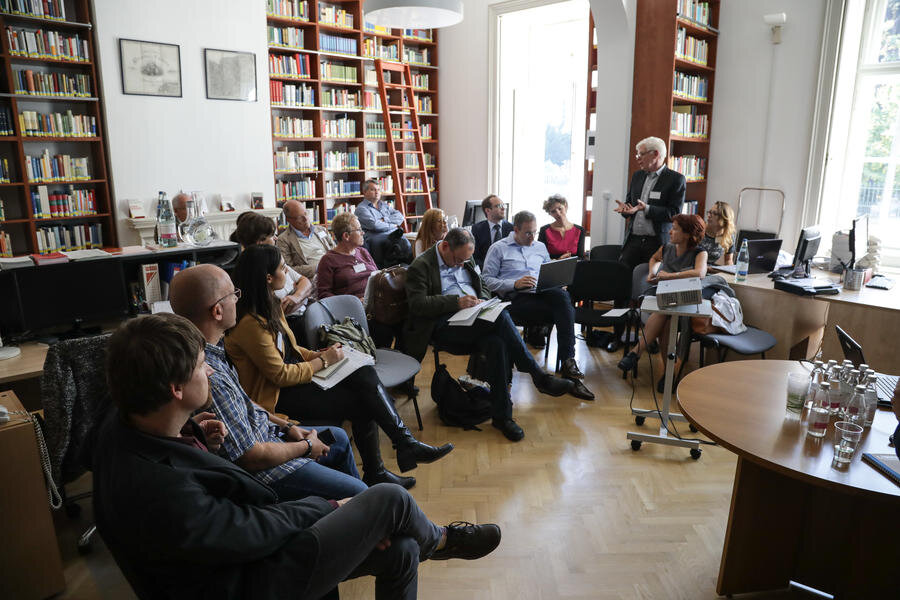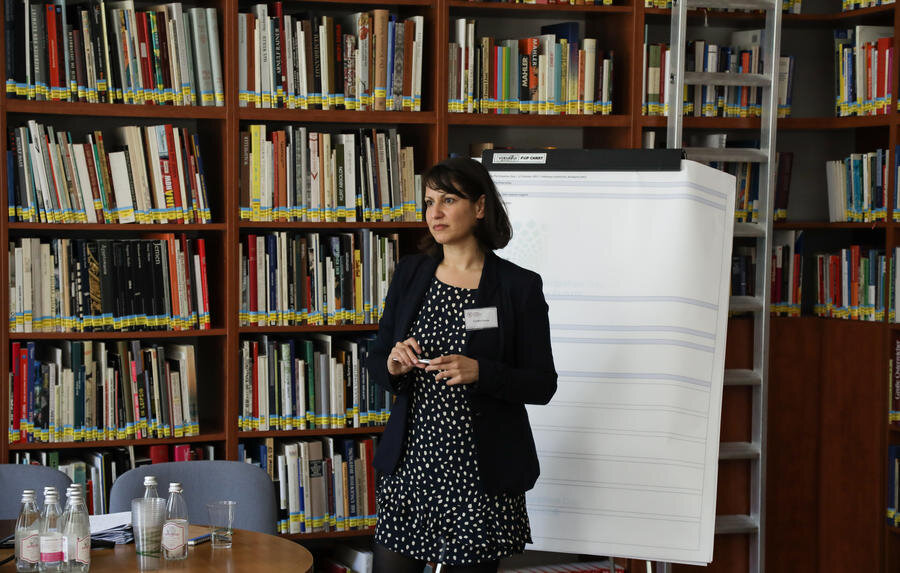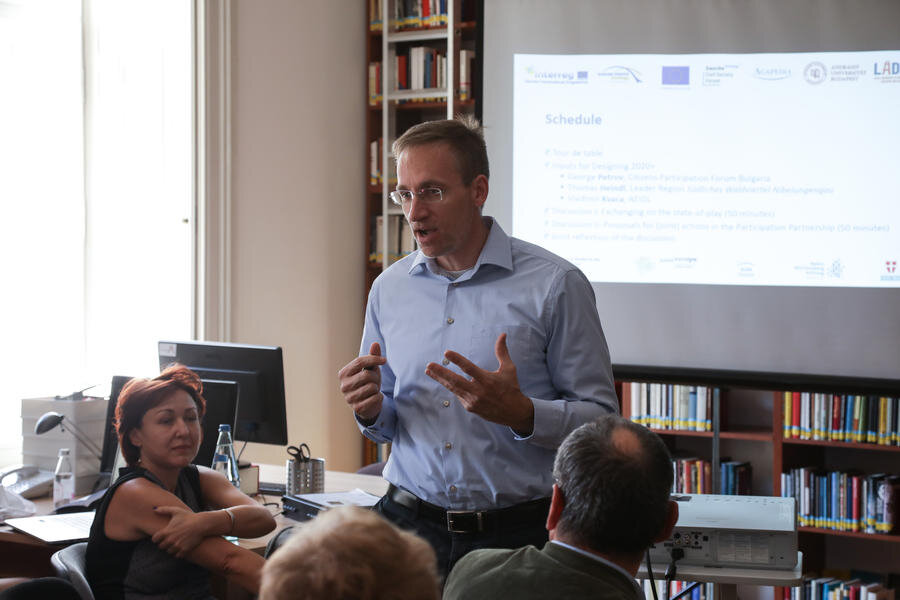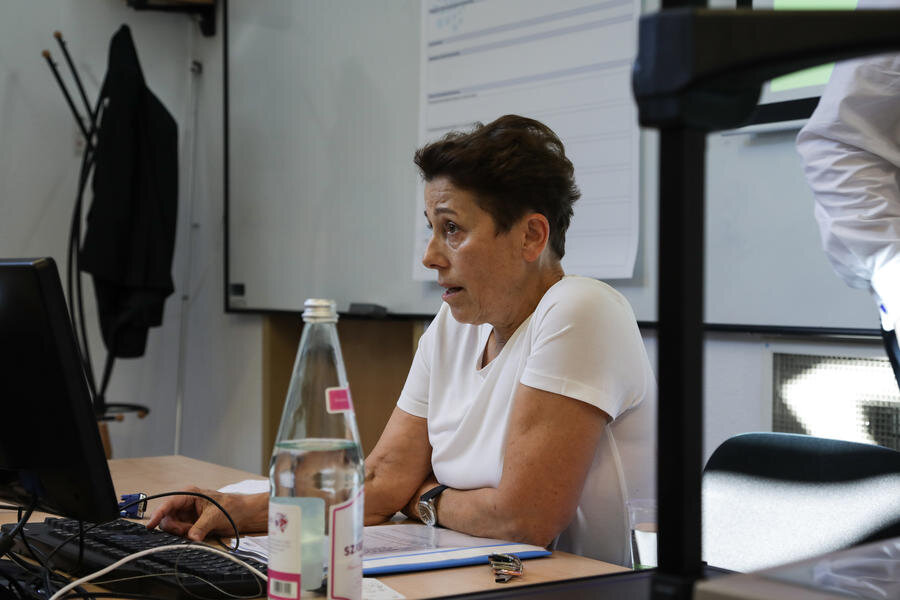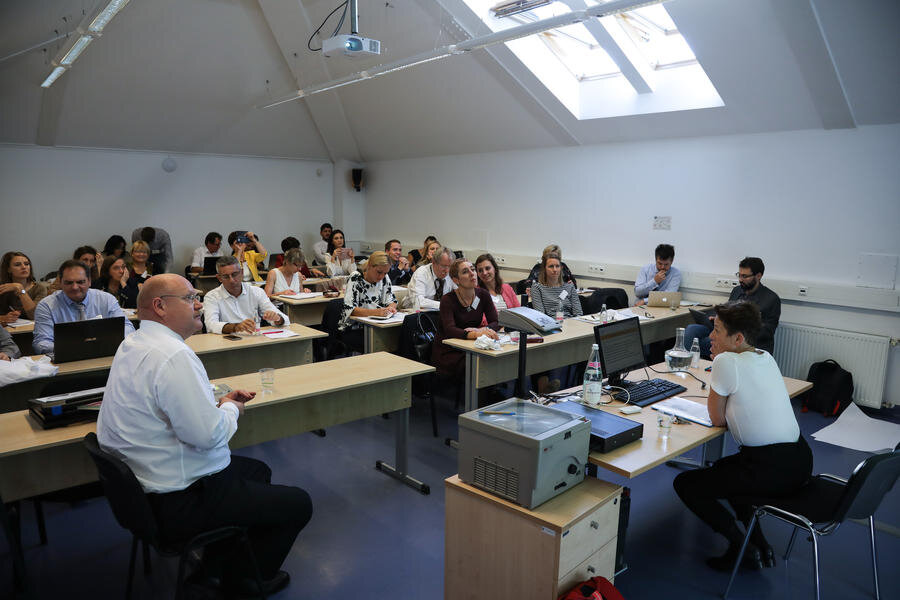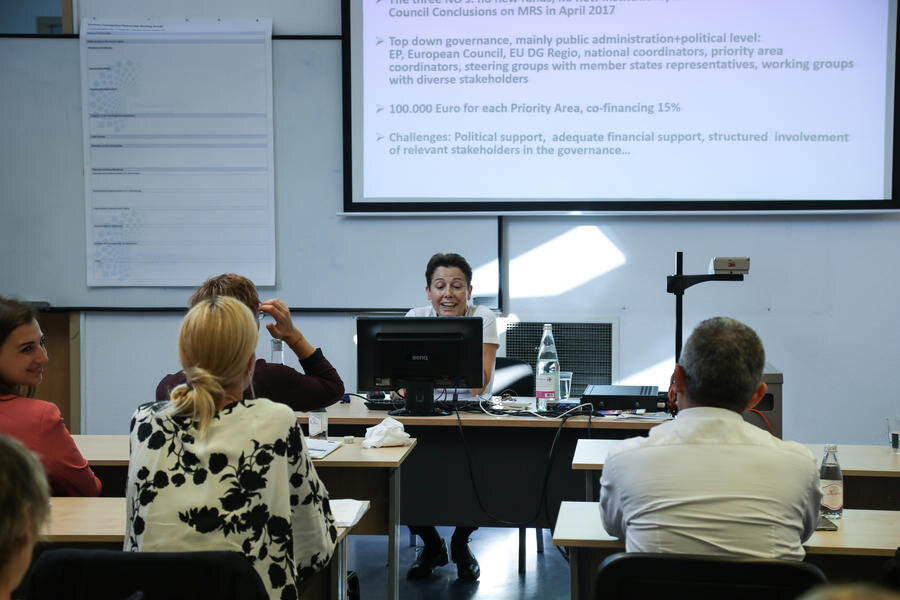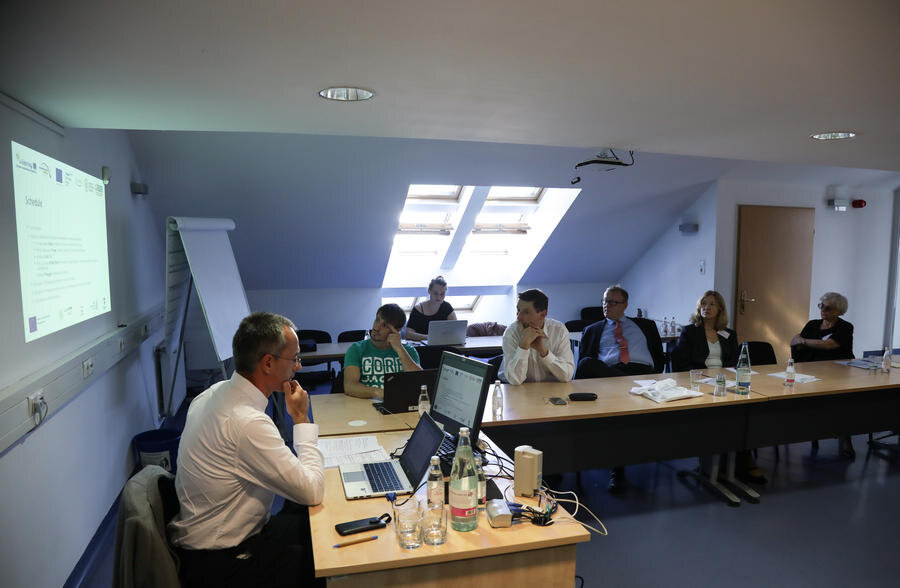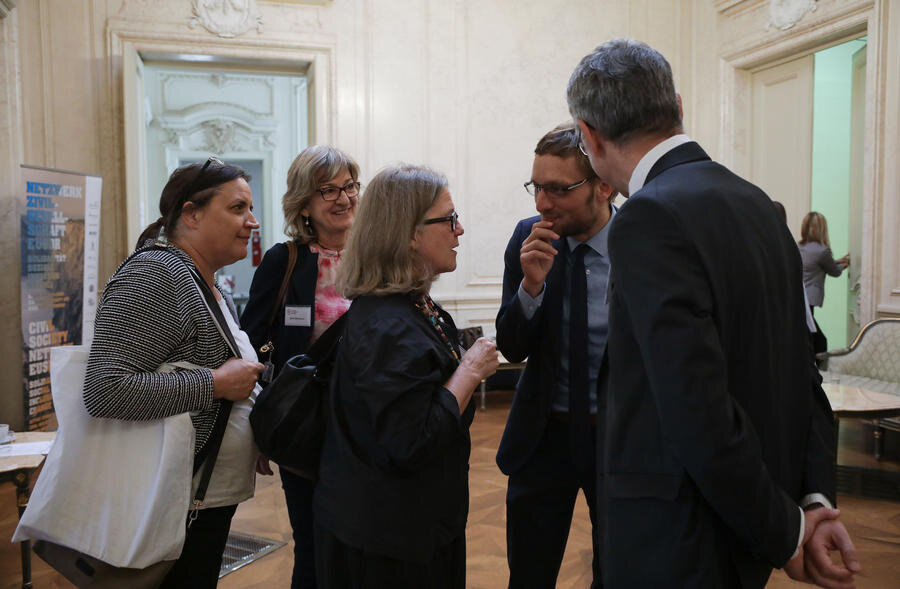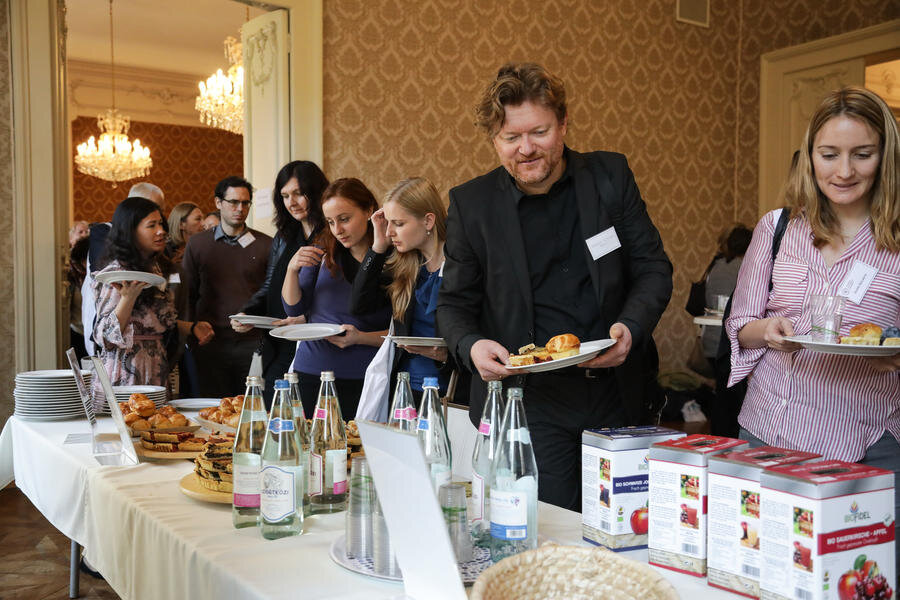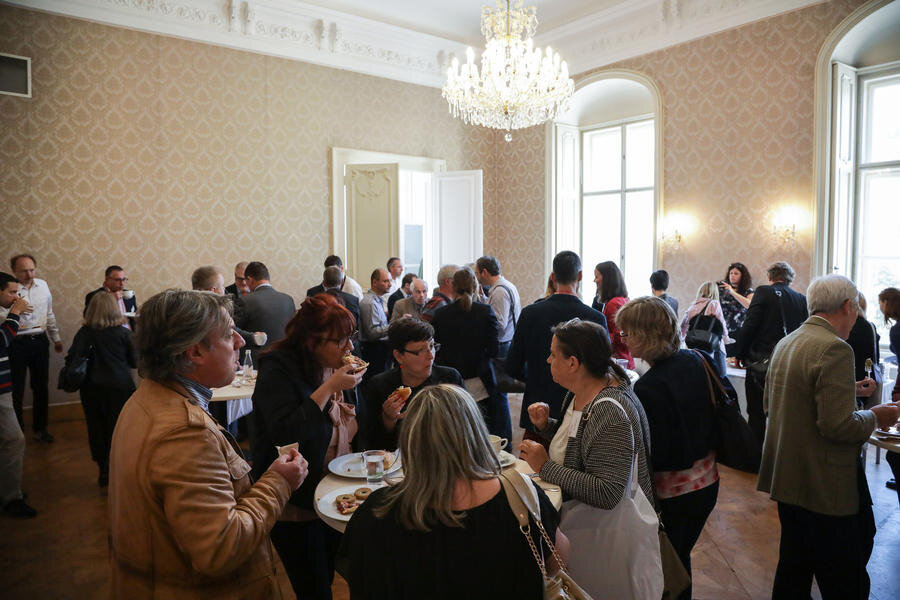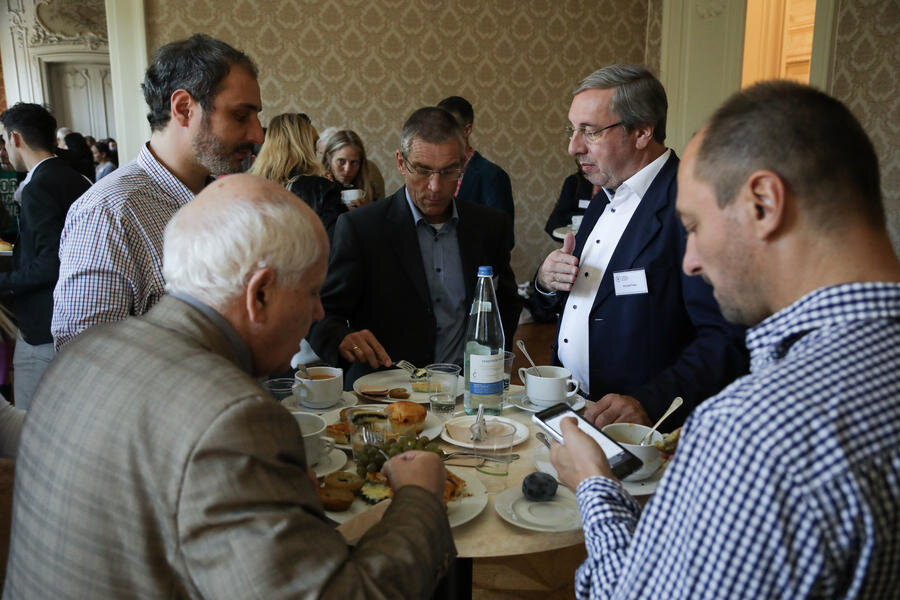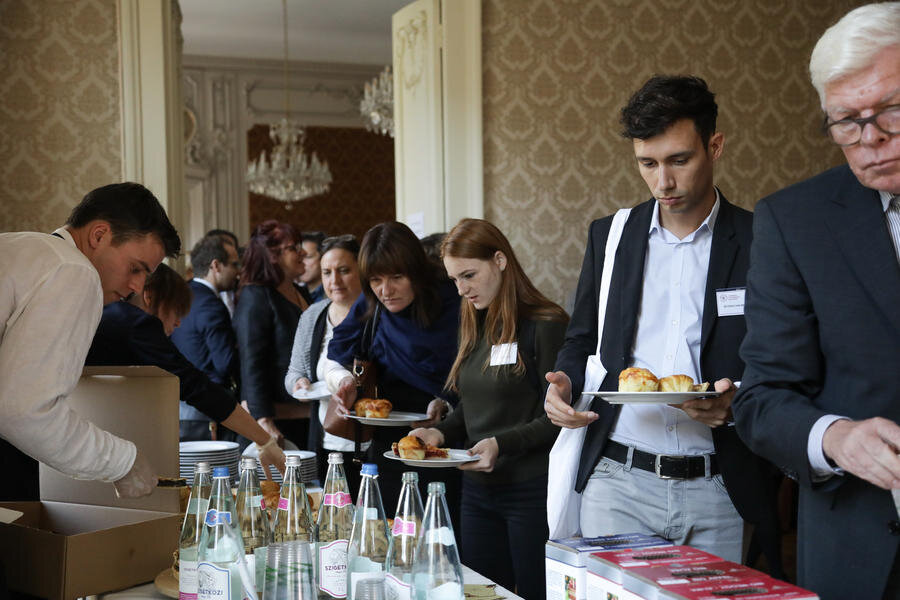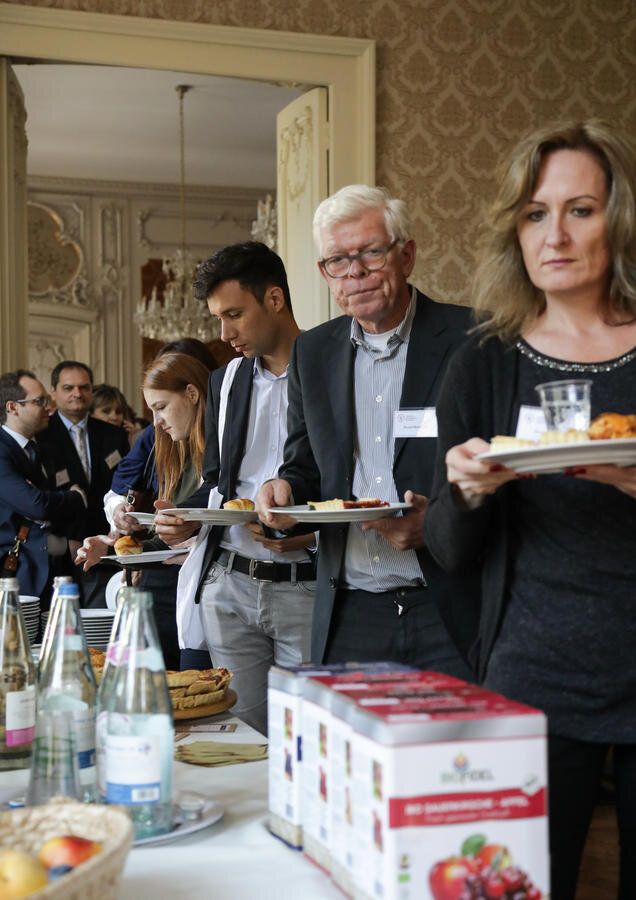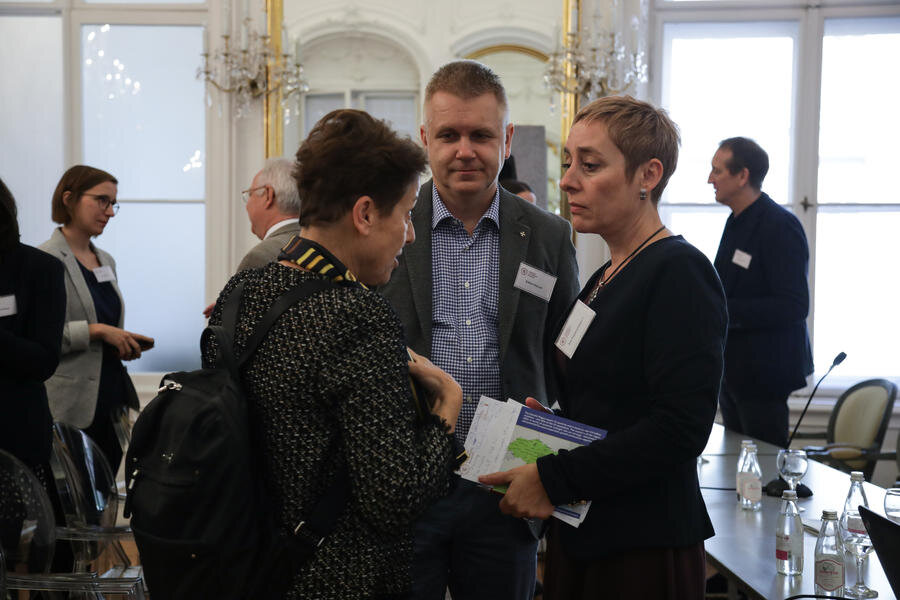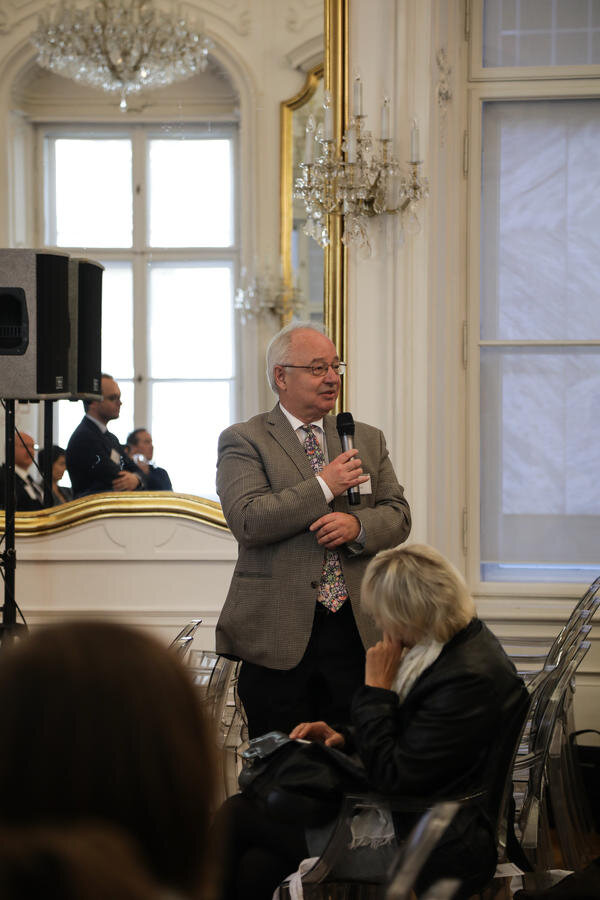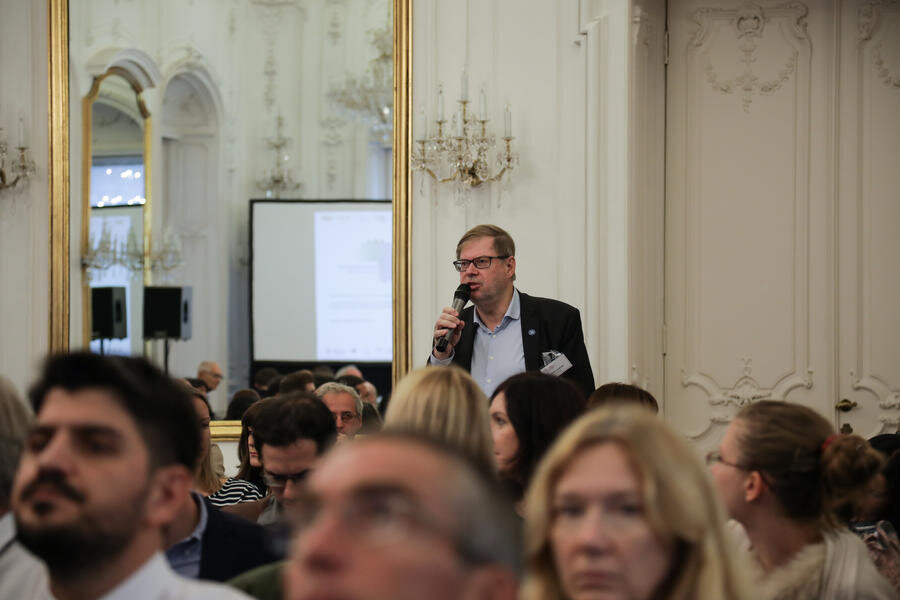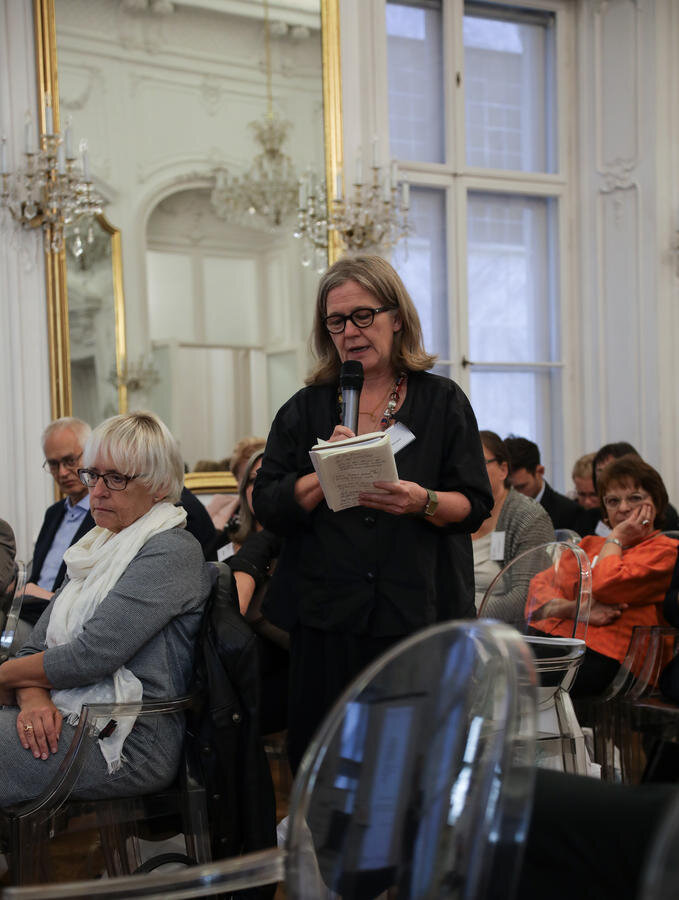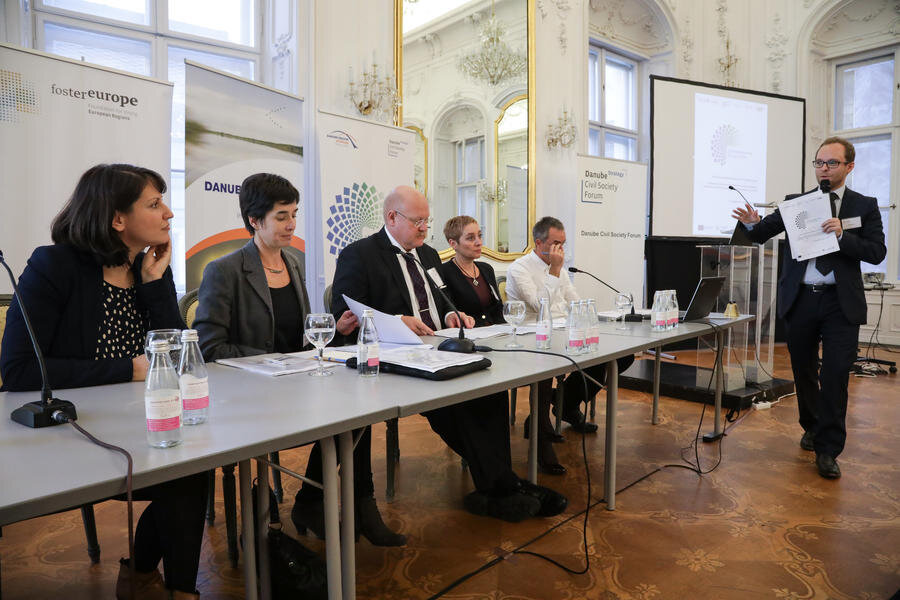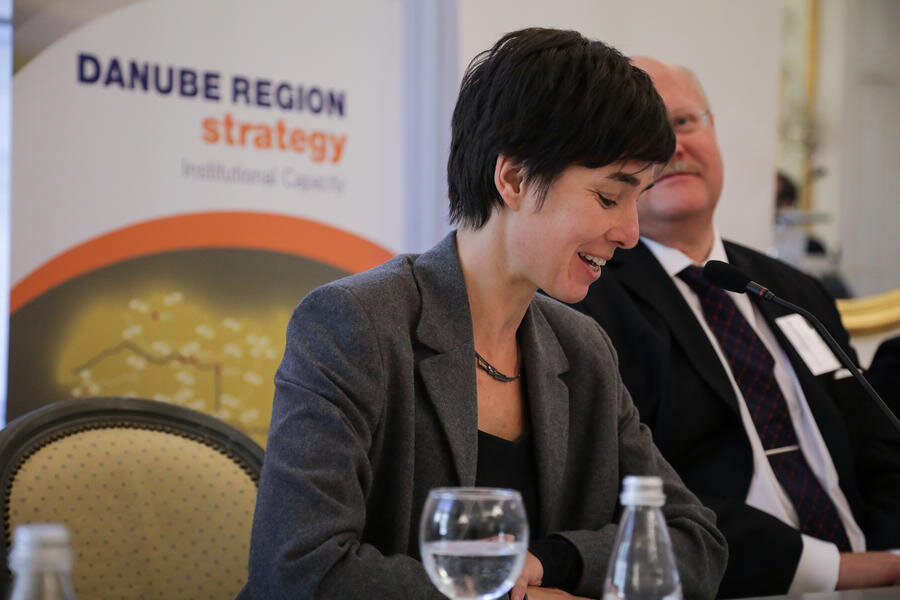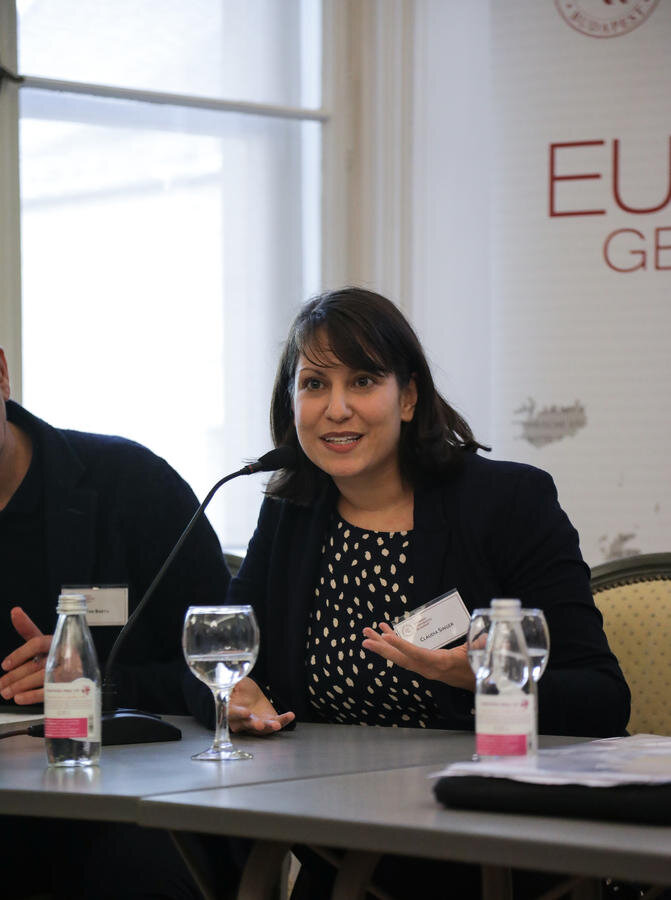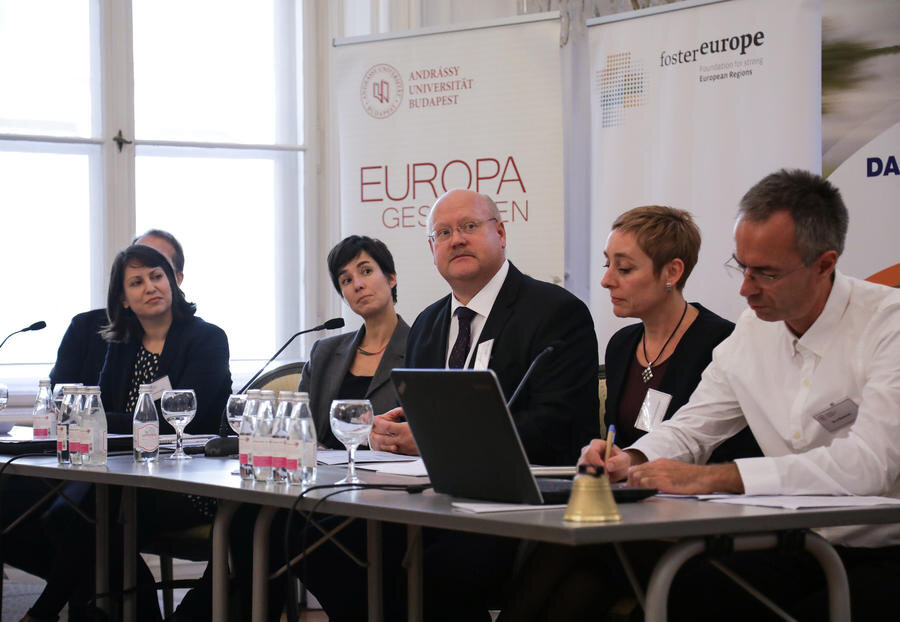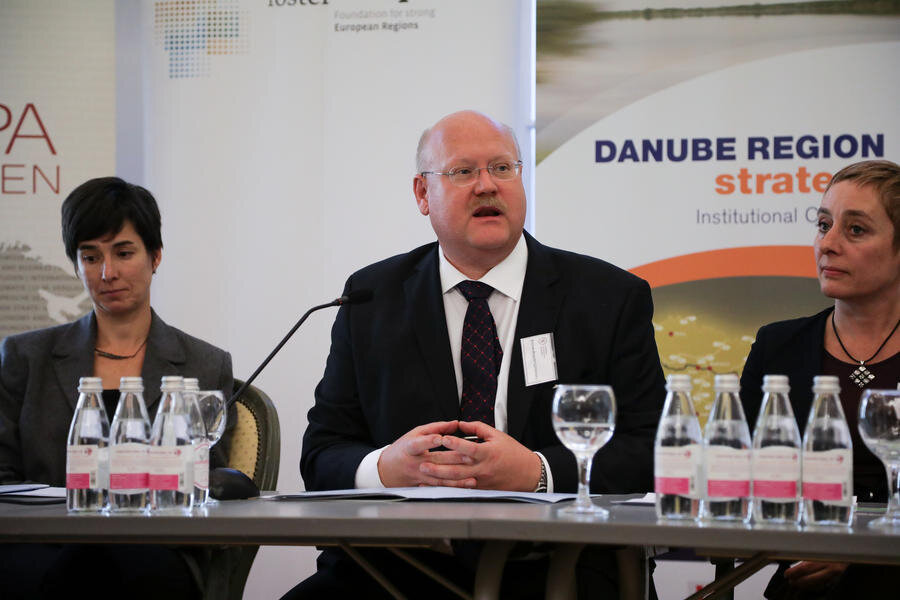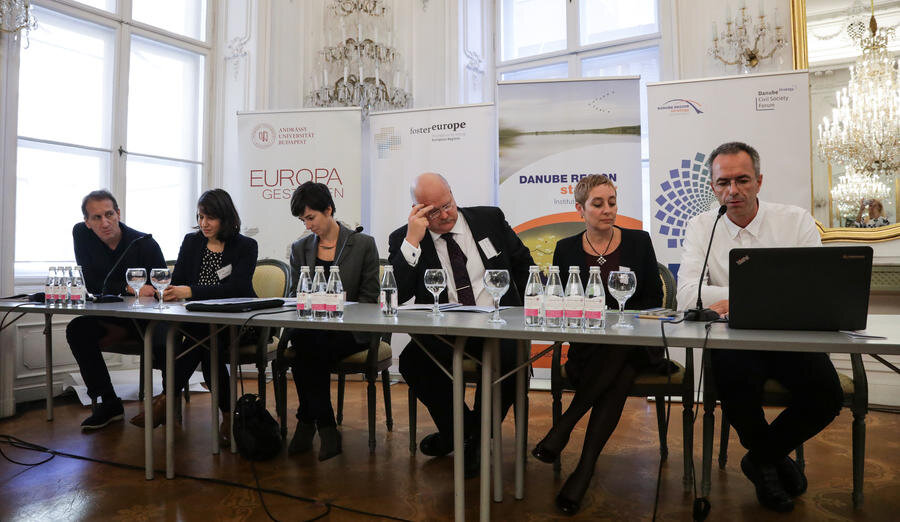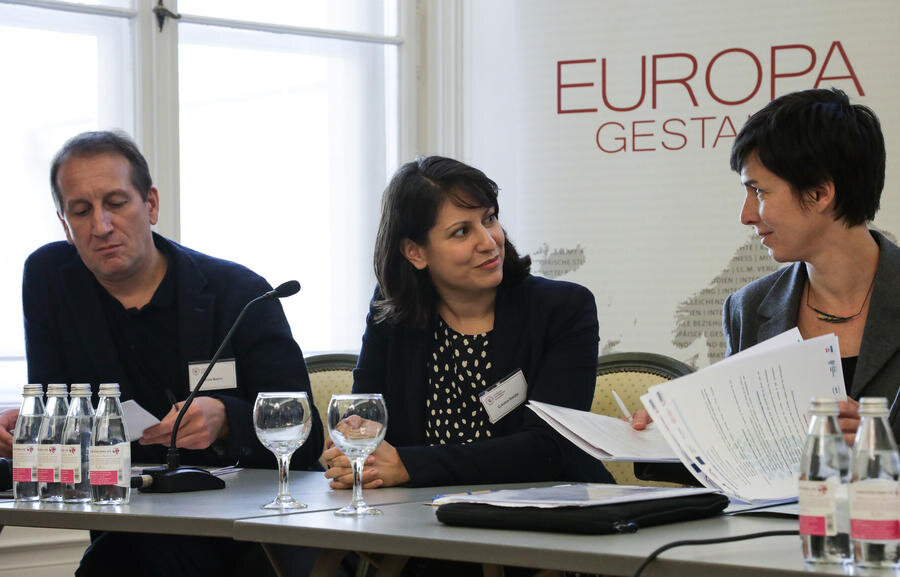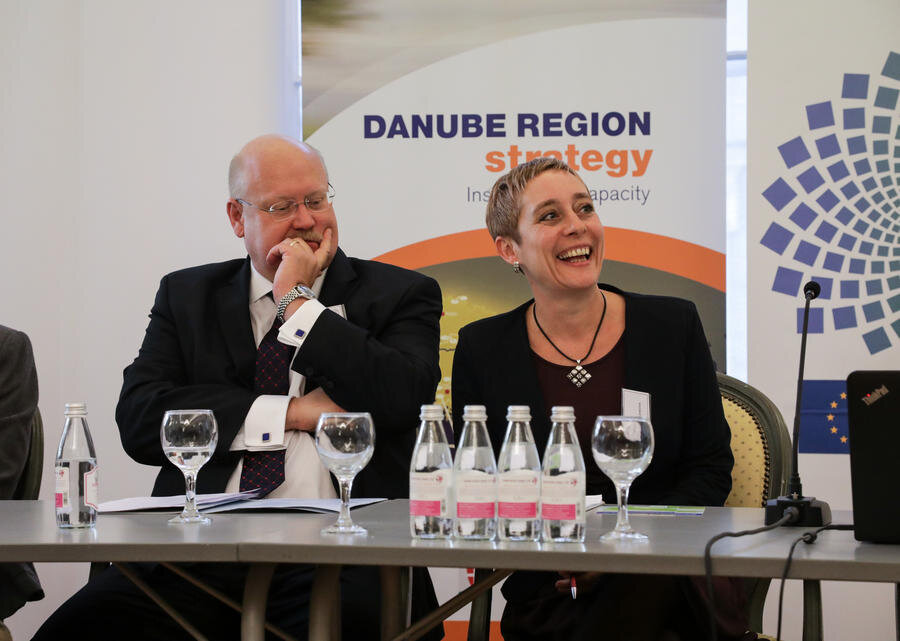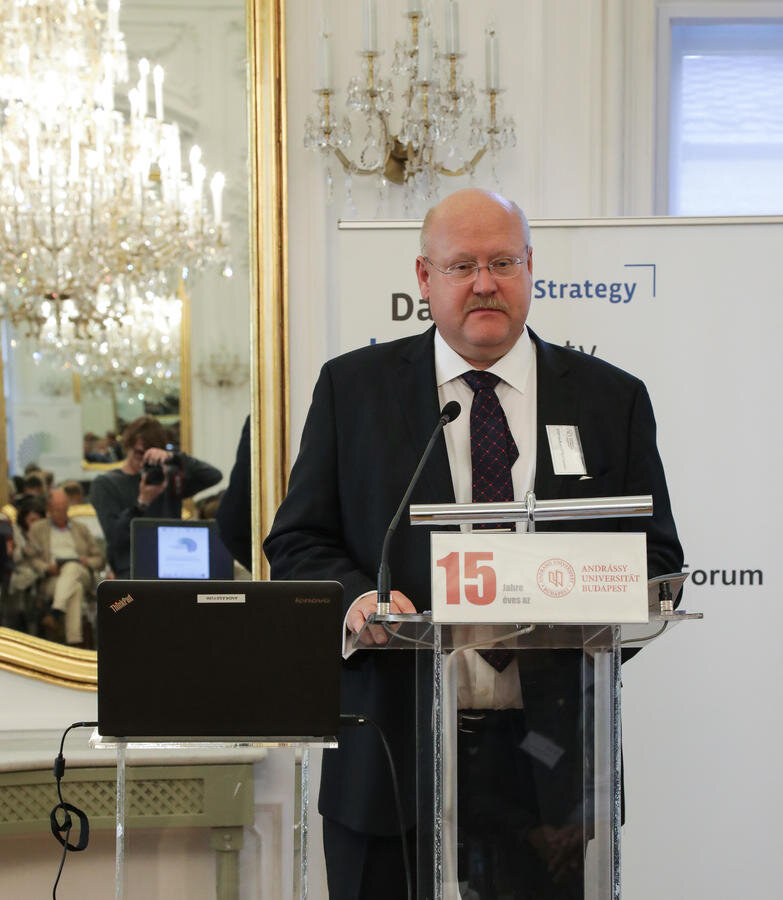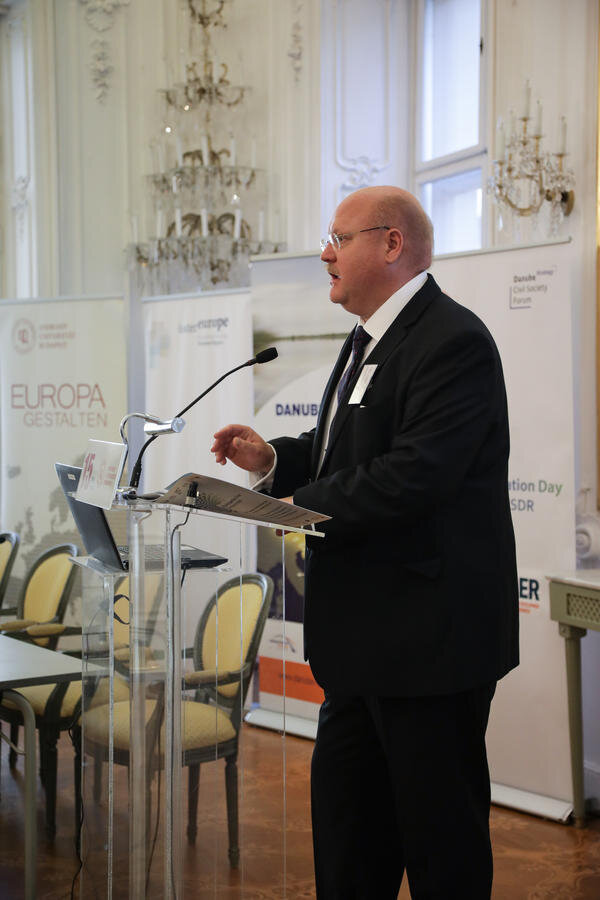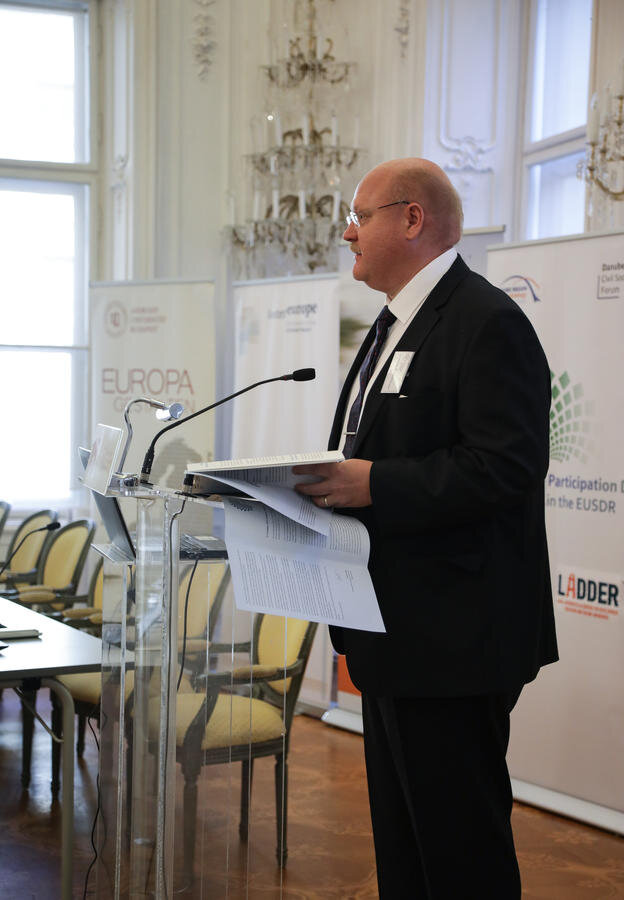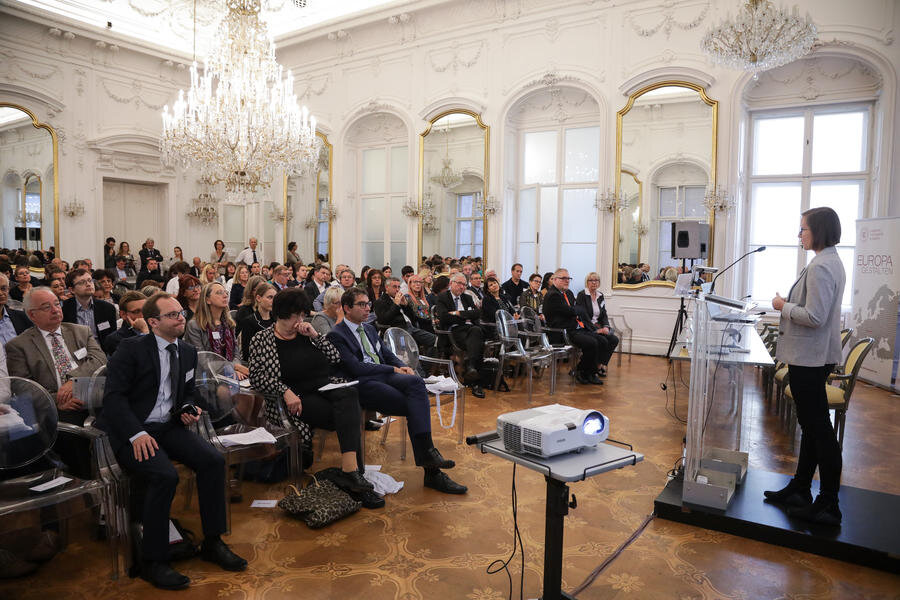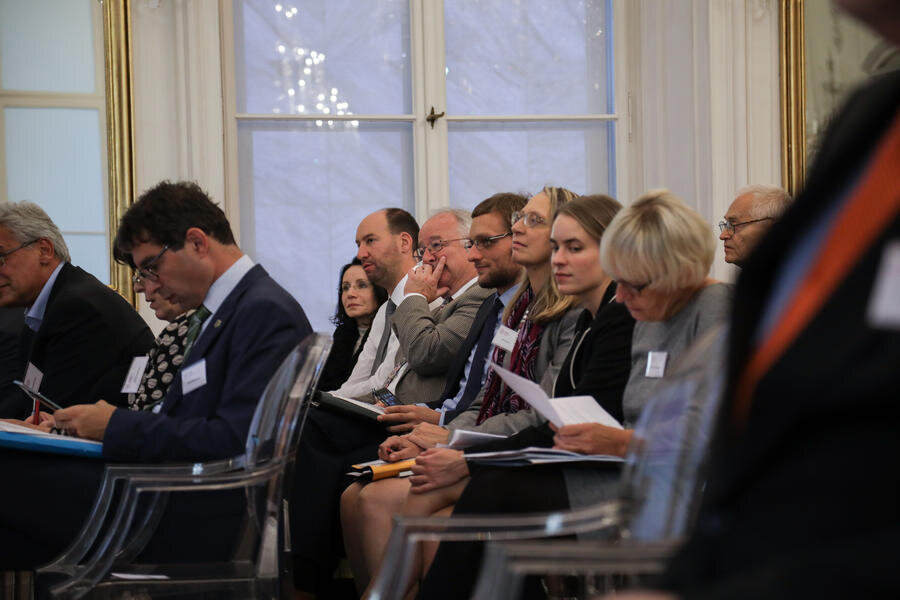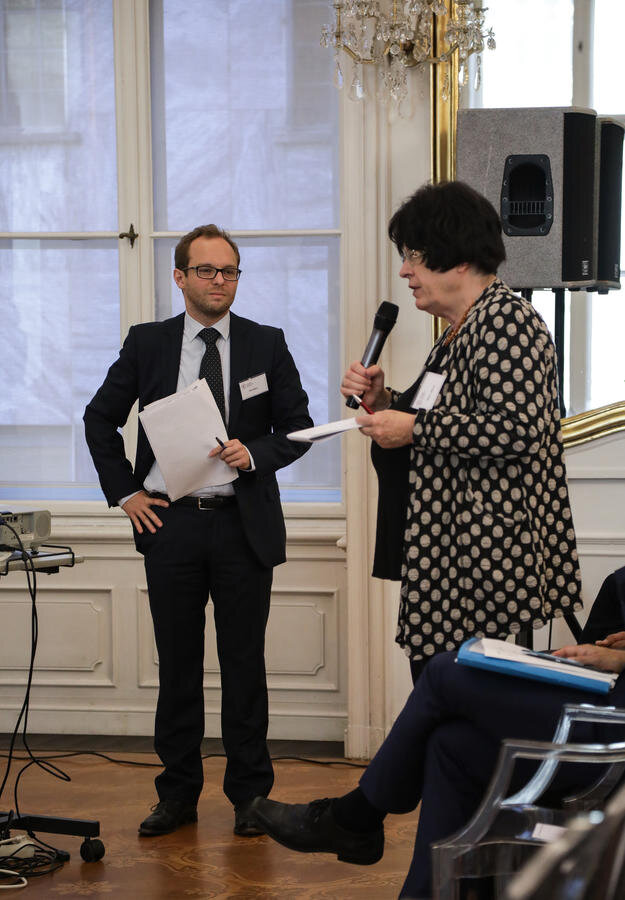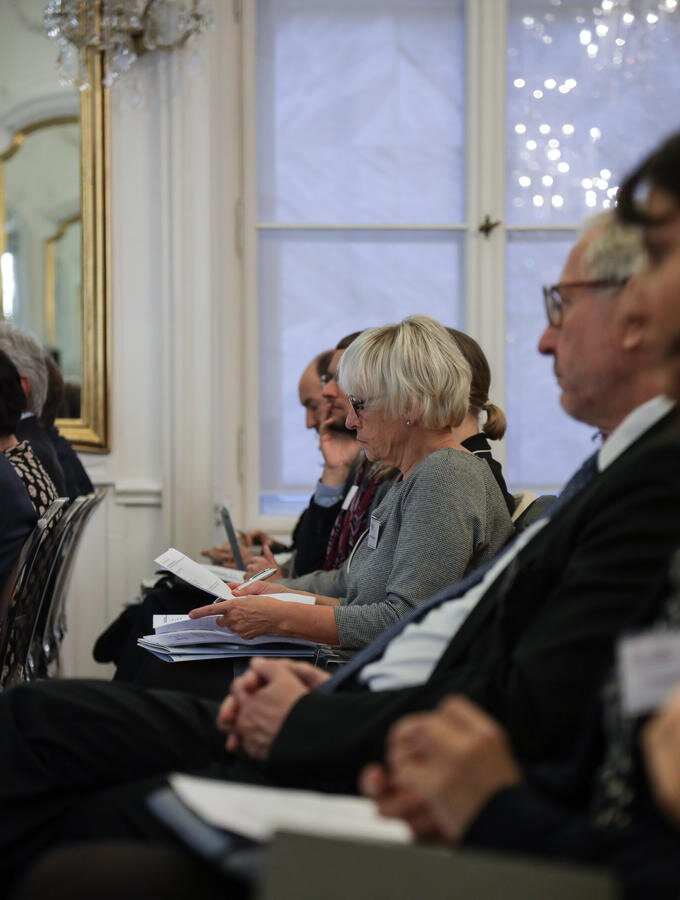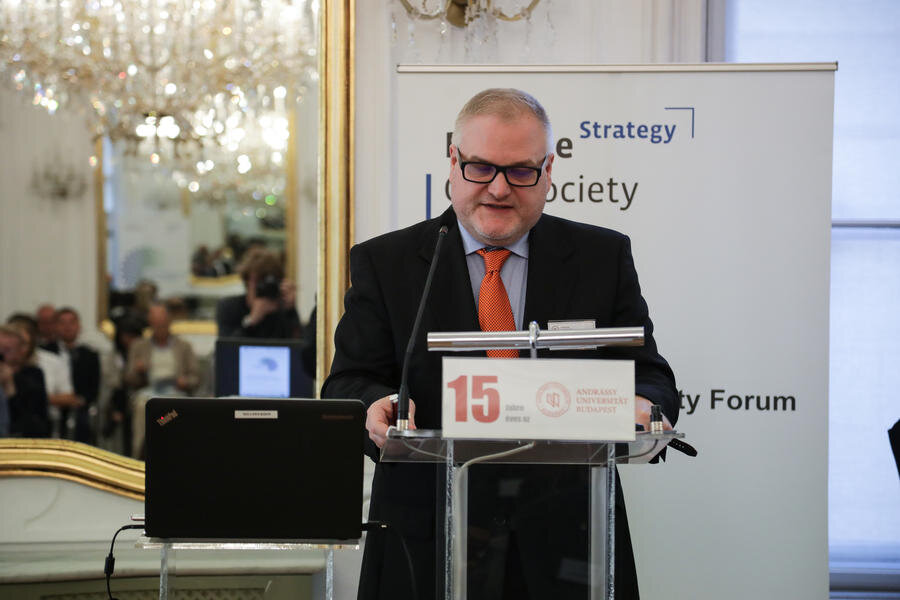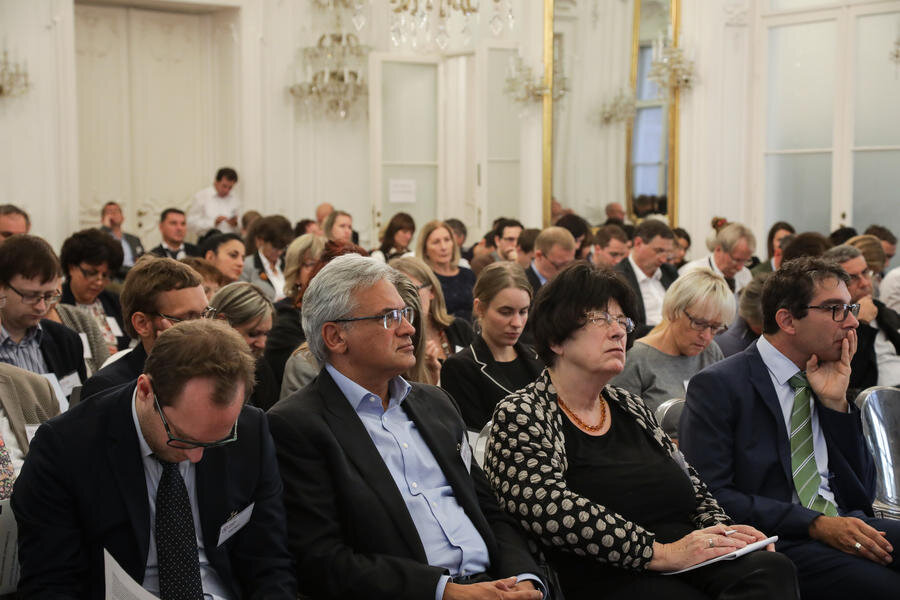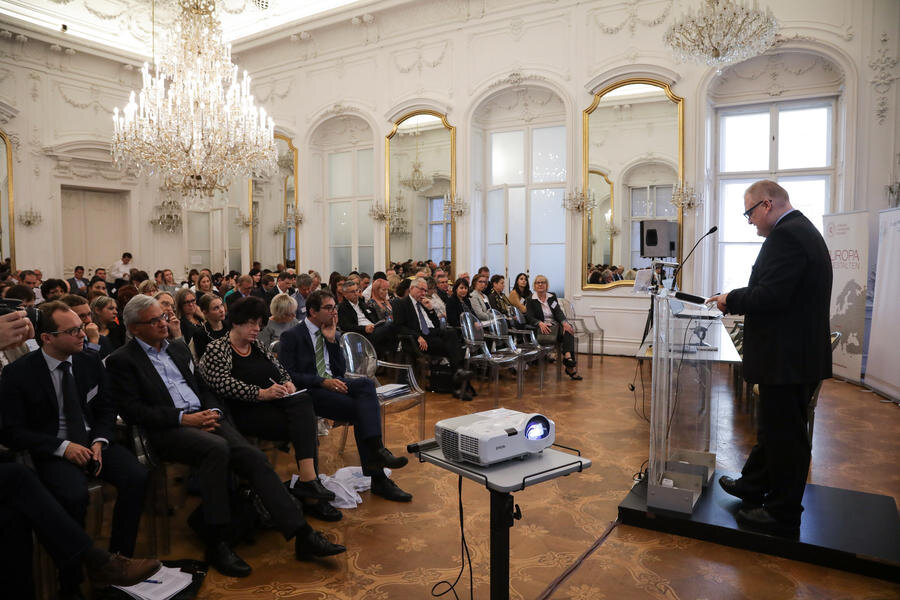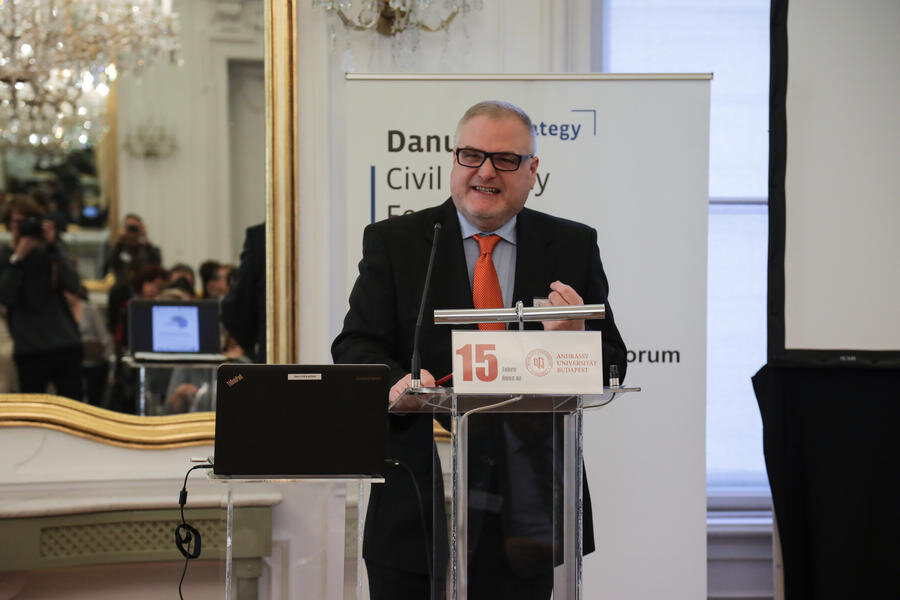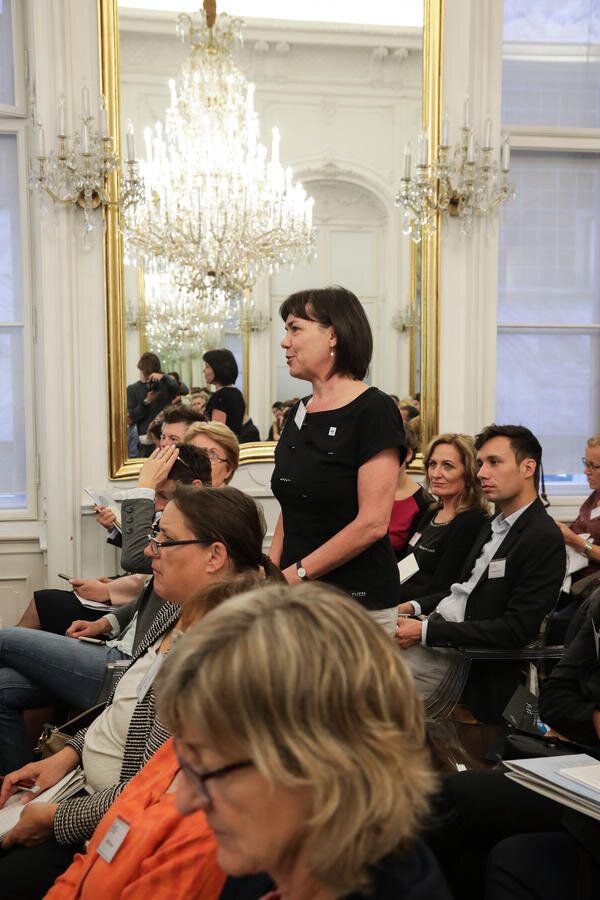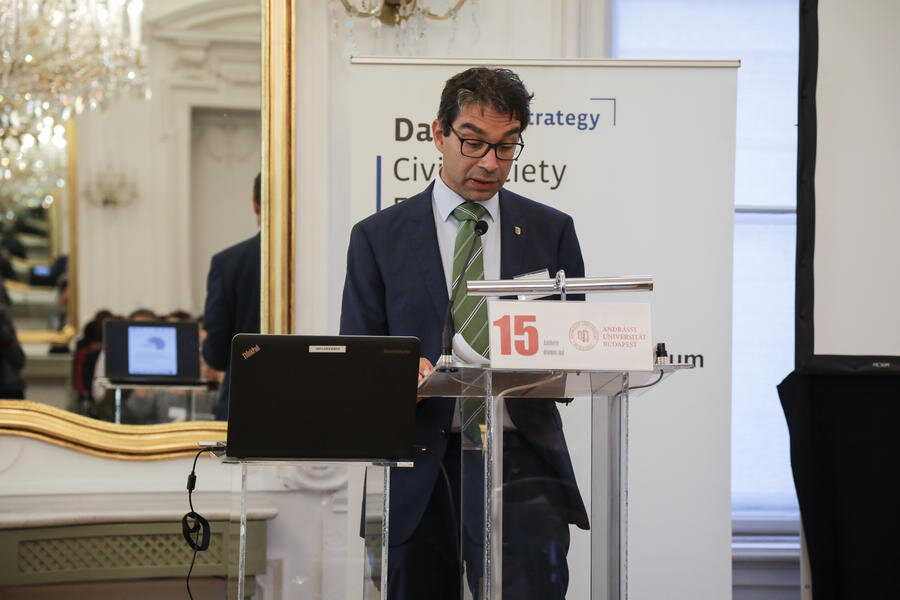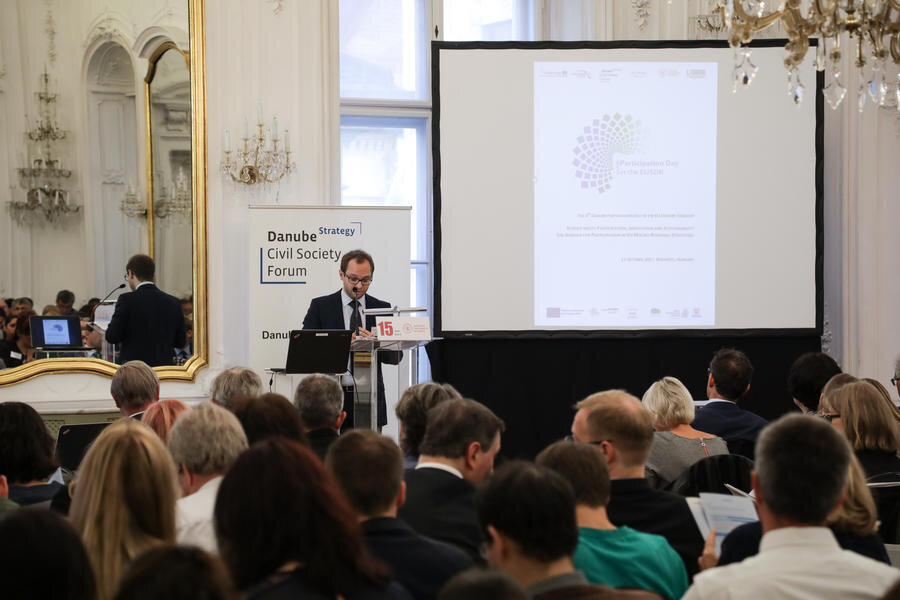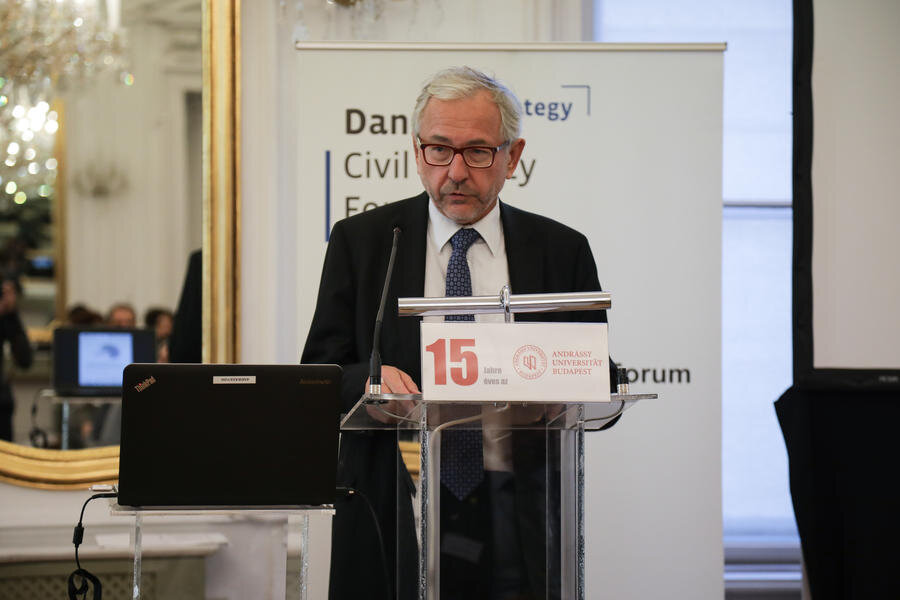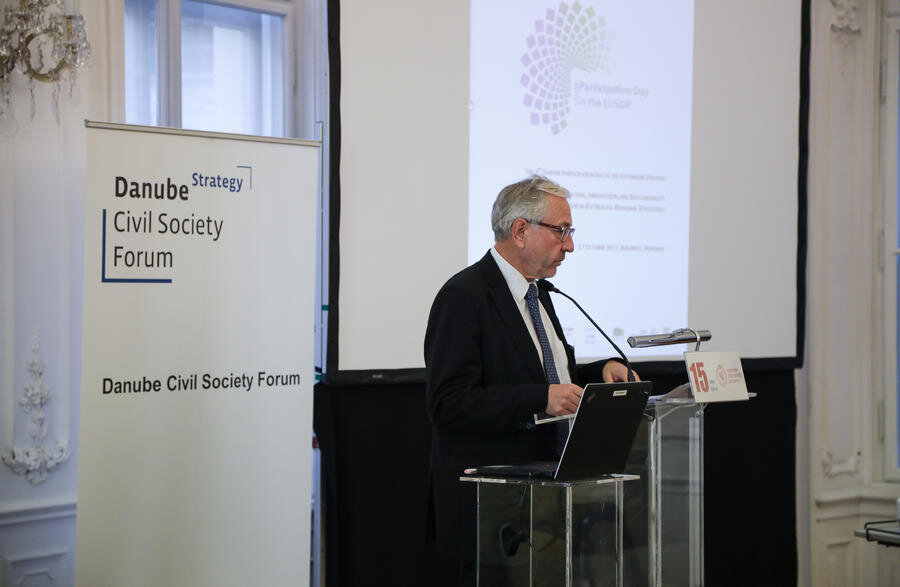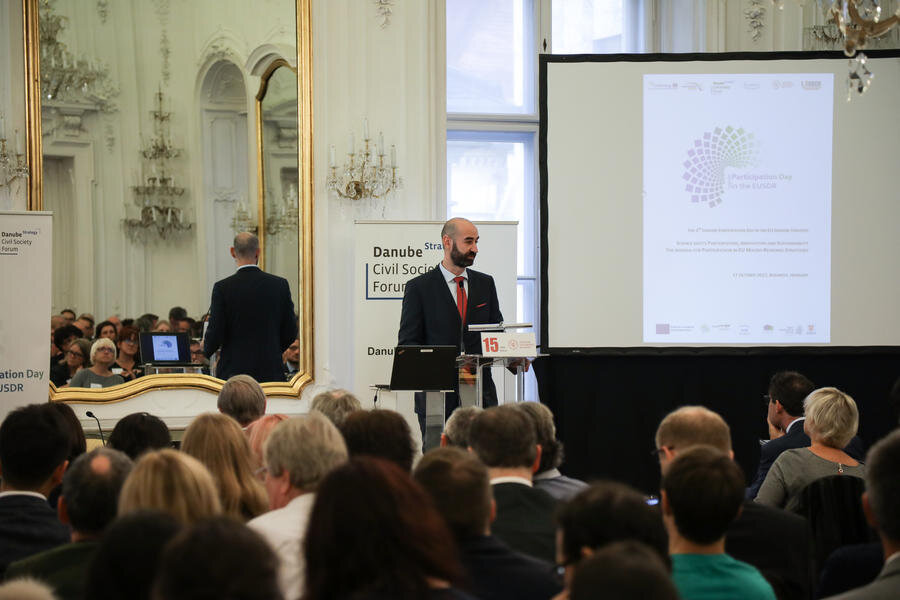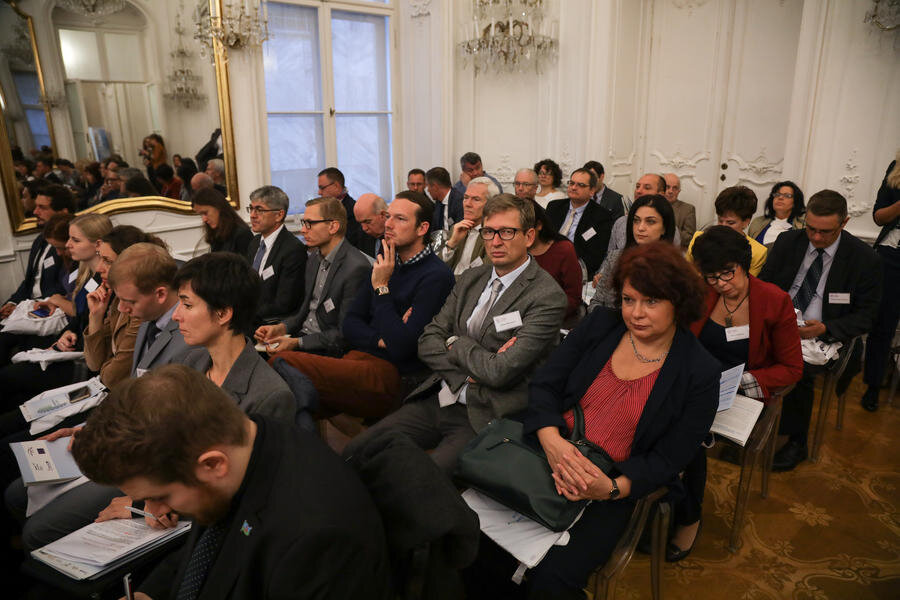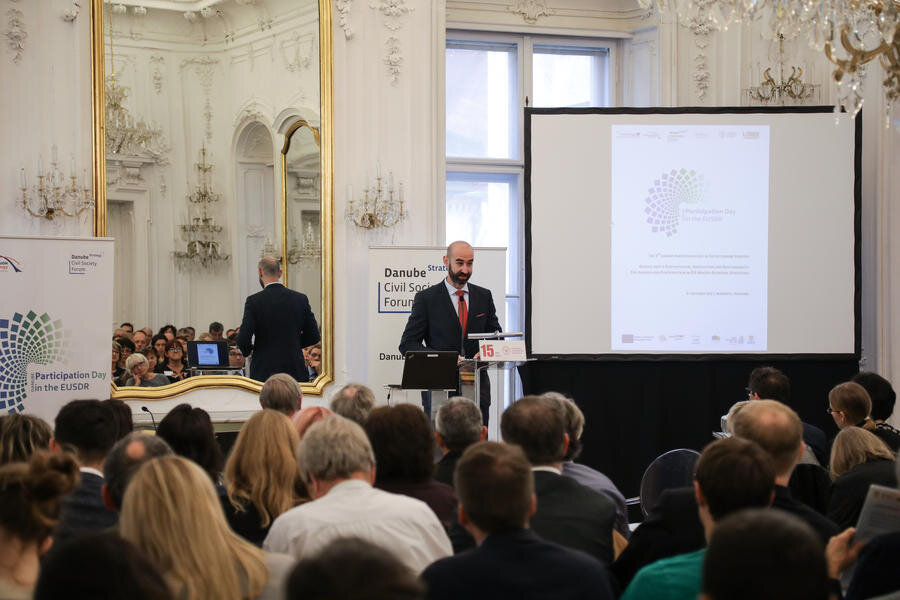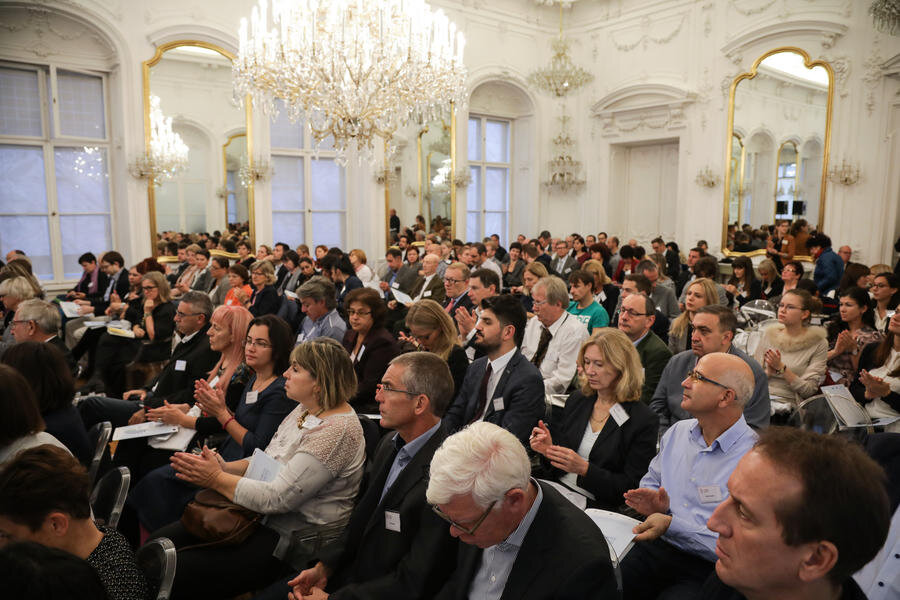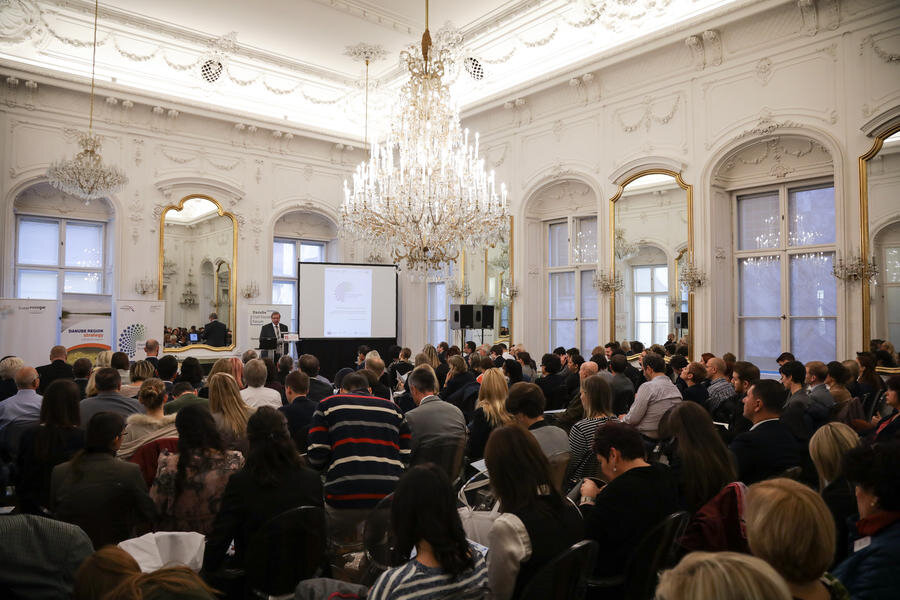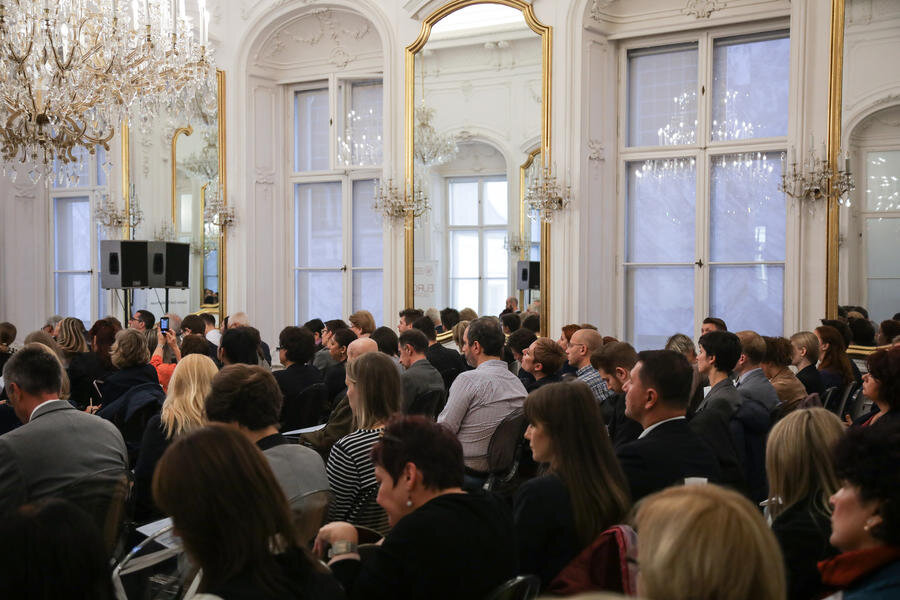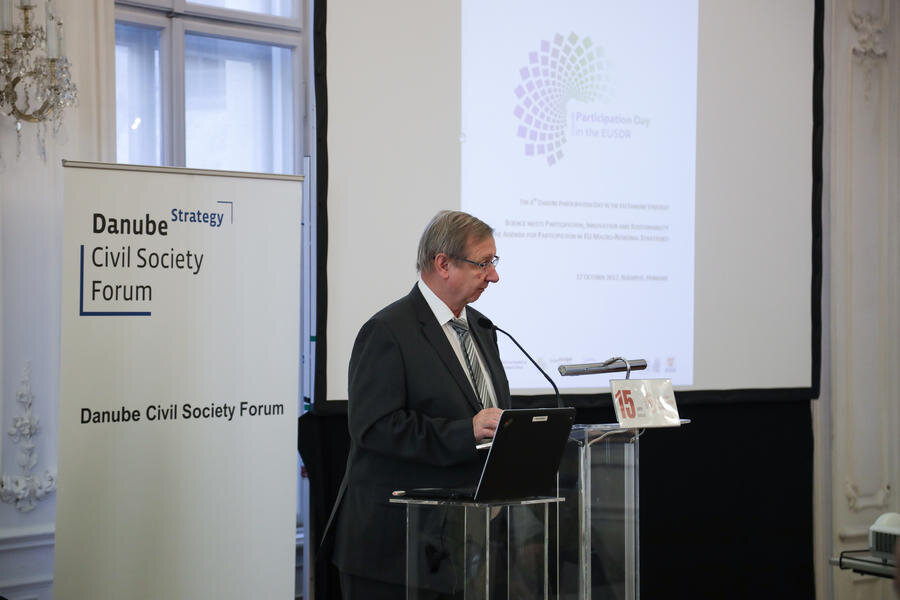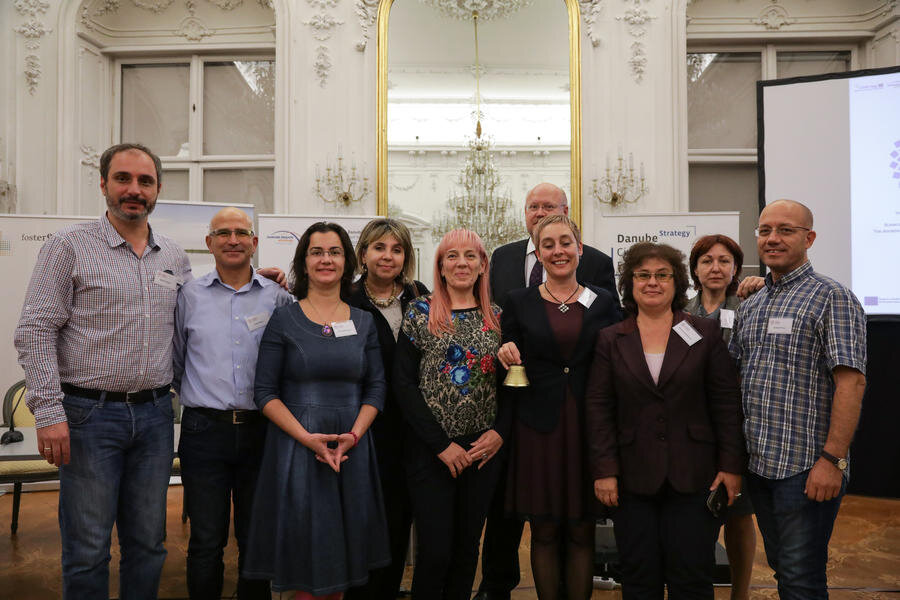Dear Participants,
On behalf of all partners we would like to thank you for your active contribution to the 4th Danube Participation Day in Budapest on 17th October 2017. There were many topics covered during the workshops and the presenters did an outstanding job of sharing their expertise with you. We will be posting their presentations on the website (section: reports, speeches and presentations) as soon as possible.
You can already find the pictures; electronic version of the 4th Danube Participation Day Programme Science meets Participation, Innovation and Sustainability, and the electronic version of The Agenda for Participation in EU Macro-Regional Strategies Anchoring European Integration and Democracy through Participation below.
We look forward to seeing you all in Sofia 2018 and please stay tuned for upcoming events in 2017 and 2018.
Additional Information:
The 4th Danube Participation Day was co-financed by the Andrássy Universität Budapest, LADDER project by ALDA, Etyeki Kúria, Stadt Wien, European Union, Danube Transnational Programme, Baden-Württemberg Stiftung, Agapedia, Priority Area 10 - Insitutional capacity and cooperation, Danube Civil Society Forum and Foster Europe Foundation for strong European Regions. The orgaisation of it cost € 50.459,- (€ 22.159 direct costs plus € 28.300 indirect costs).
Use the short links below to go to:
Programme
*Program might be subject to change
Registration - CLOSED
Thank you very much for your interest to join the 4th Danube Participation in Budapest 2017.
Due to the overwhelming echo from the Danube community we had been forced to close the registration. We regret very much that not all interested will have the possibility to join the 4th Danube Participation Day Science meets participation, innovation and sustainability – The agenda for participation in EU macro-regional strategies. Nevertheless we cannot accept registrations that go beyond the capacity of our venue.
We thank for your understanding.
Reports and Presentations from the Working Groups -Participation Partnerships
What are the Participation Partnerships?
The Participation Partnerships are open platforms, working on concrete goals, challenges and solutions. Acting transversally and transnationally, they should facilitate joint macro-regional responses and actions to common challenges.
They operate as frameworks for dissemination and implementation of participatory processes, policies and strategies, top down and bottom up in the macro-regional strategies (MRS).
What is the aim of the Participation Partnerships?
Through the involvement of dedicated and knowledgeable partners at all levels of MRS member states, they aim to further a change of culture through cooperation and participation
Through their reporting to the European Institutions and the MRS-member countries, they strive to enhance the capitalisation of civil societie’s innovative potential, knowledge and expertise.
How do the Participation Partnerships work?
The members of the Participation Partnership
The members of the Partnership should represent local actors, organised civil society, the administrative and the political level from involved MRS member states as well as experts from International and European organisations, institutions, and academia.
The role of the lead partner
Each of the partnerships is to be coordinated by a lead partner able to ensure:
Continuity and professional, target-oriented work,
Communication and networking for the implementation of the Partnership action proposal
Partnership meetings at least once a year
Funding of the Partnership activities wherever possible
Reporting to the Agenda Network.
Proposal of actions
The thematically defined Participation Partnerships develop a concrete action proposal relevant to participation at all levels in the macro-regional framework. This action proposal could result in:
the development and/or implementation of one or more pilot projects;
the development and/or implementation of a methodology;
the organisation of one or more events/round tables, to exchange and disseminate information and develop models of cooperation and participation;
the involvement of new groups of stakeholders in on-going pilot activities or projects to broaden and further effective implementation and dissemination.
The Participation Agenda Network
The Agenda Network consists of representatives of Danube Civil Society Forum (DCSF), EUSDR/PA 10, as well as the Participation Partnership lead partners, but is open to other dedicated members. It ensures that the Participation Partnerships are enabled to report at the respective MRS Participation Days, National Participation Days of the member countries and to the Annual Fora. The Agenda Network is the link to the governance of the macro-regional strategy and the European Institutions, to both of which it reports at the end of 2018.
Developing the Participation Partnerships 2017-2018
currently there are 5 Participation Partnerships:
Participation: A research perspective: The Partnership will work on theories, research and good practices promoting participatory governance in order to enhance capacities for multi-level governance in the macro- regions, developing measures and actions for the strategy.
Participation: Building MRS on local governance and multi-level governance: The Partnership will develop, based on the new guidelines for Participation developed by the Council of Europe, concrete measures for the implementation of Participation at the local level.
Participation: A key factor of social innovation and sustainable development: The Partnership will identify innovative, co-creative and trans-sectoral approaches in order to sustain long term top-down (thinking) and bottom-up (acting) processes (developments).
Participation: Designing 2020+ with Local Actors and MRS: The Partnership will look at participatory structures that integrate Civil Society and Local Actors regional development and EU funding instruments (Partnership Principle) in regard to challenges, good practices and opportunities within the ongoing discussion on EU Cohesion Policy 2020+.
Participation: Empowering Roma: The Partnership deals with participatory approaches to empower vulnerable groups in the macro-regions in order to enable their participation in the shaping of their social and political capital
2017 Participation Partnerships Workshop Guidelines 4th Danube Participation Day .pdf
